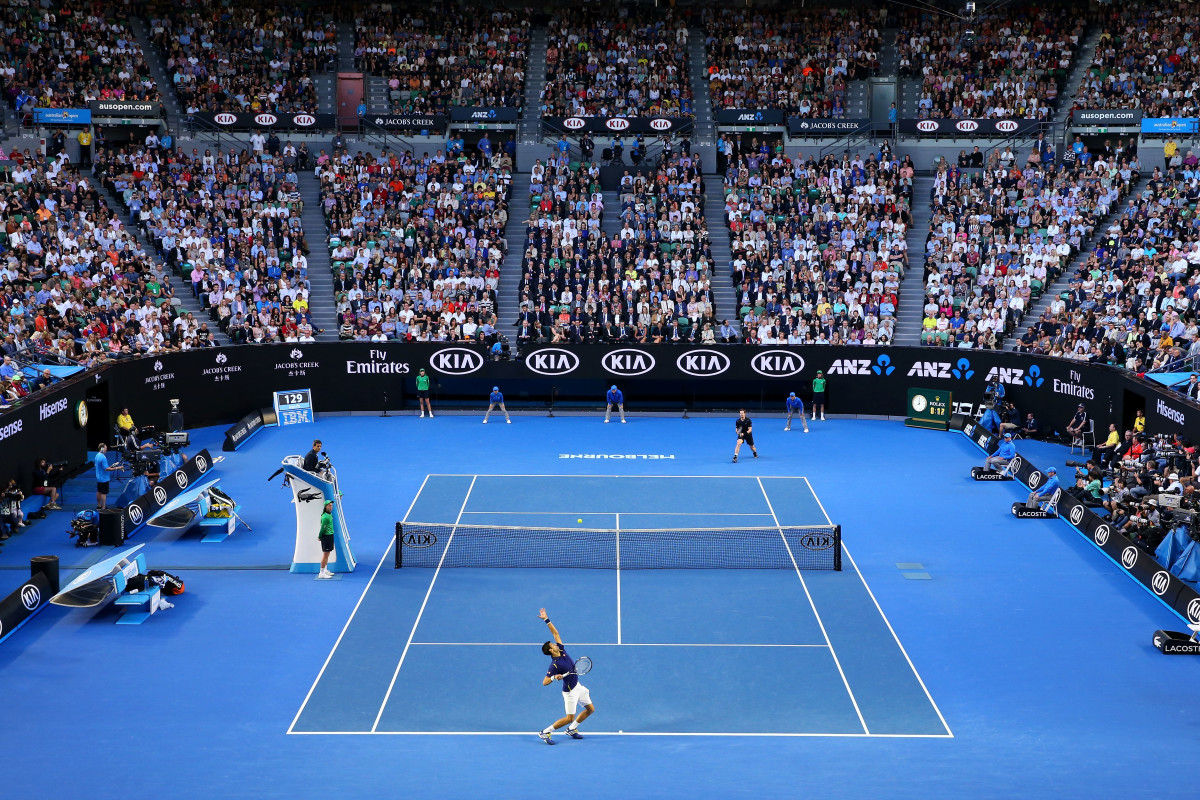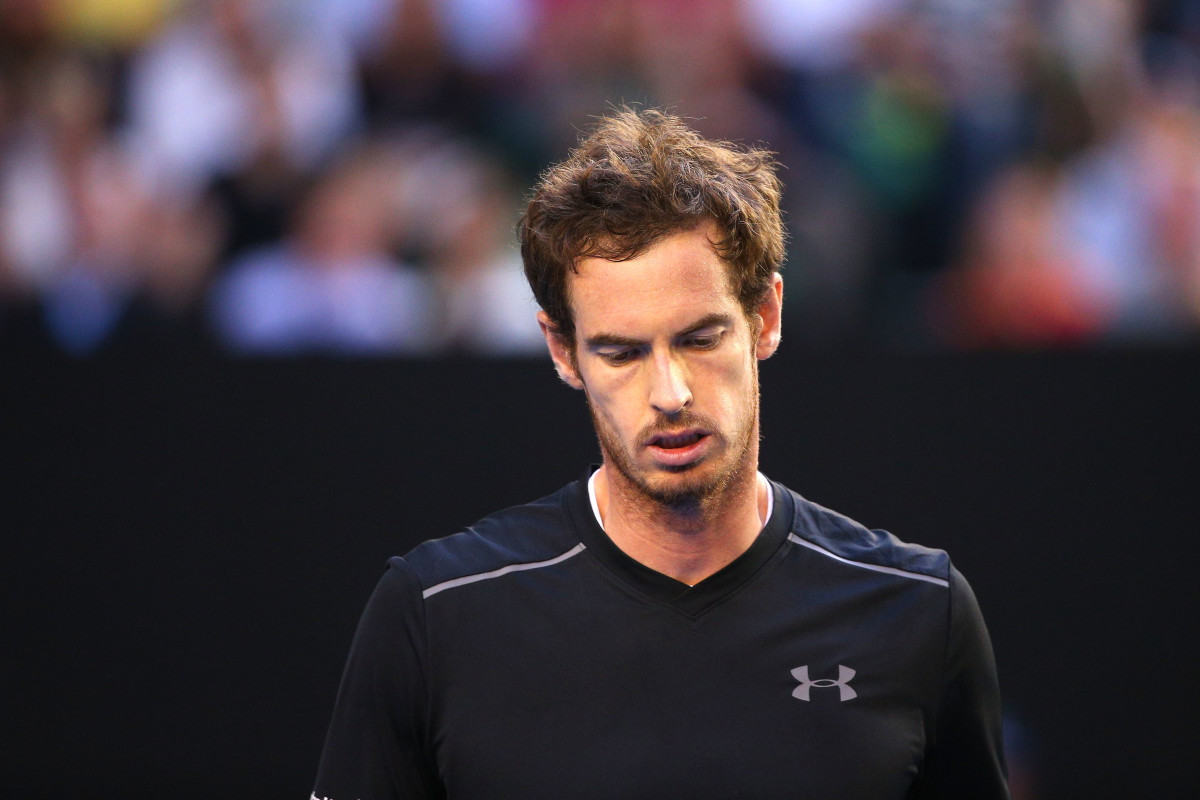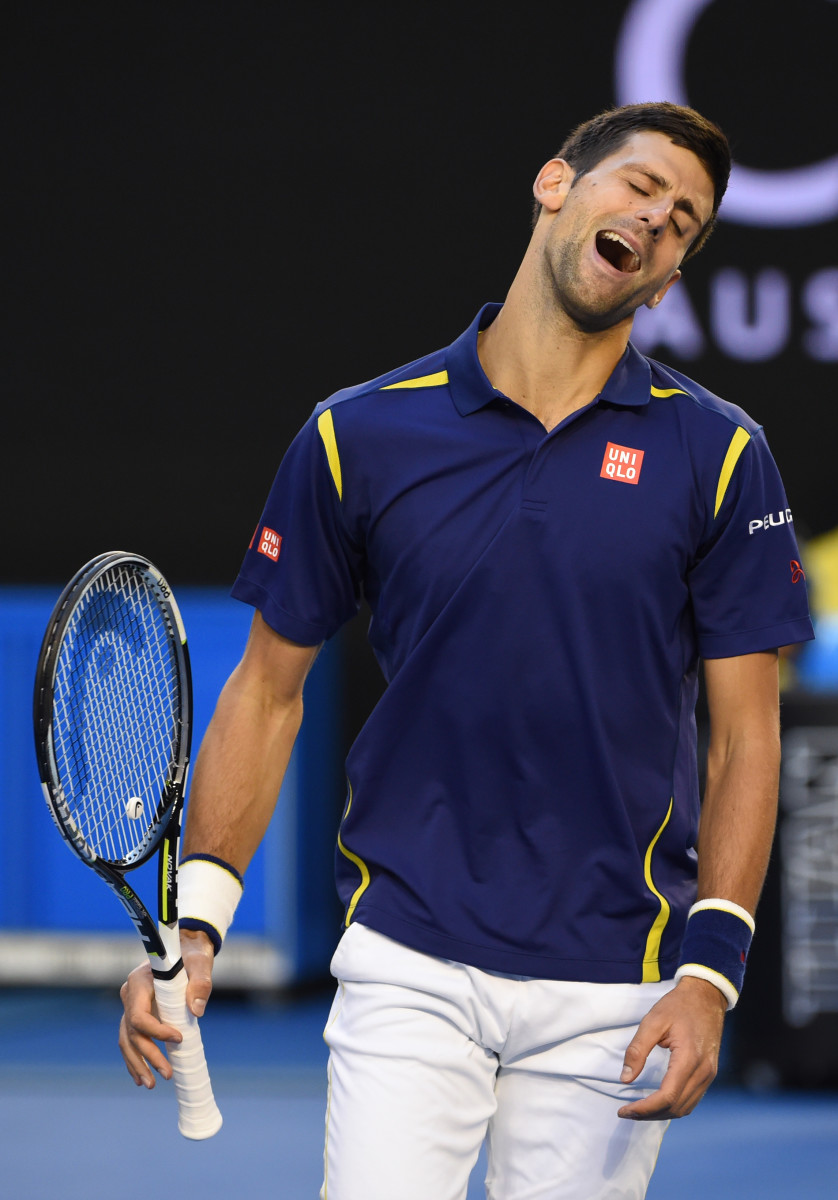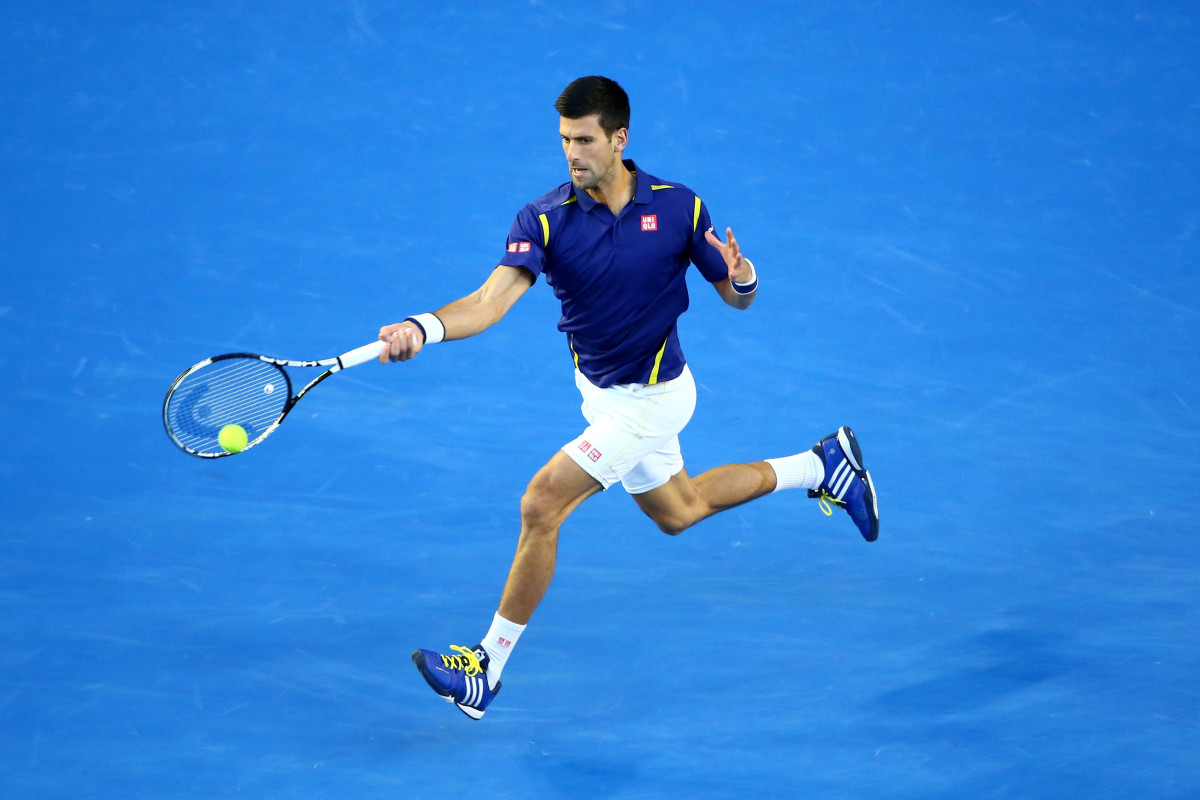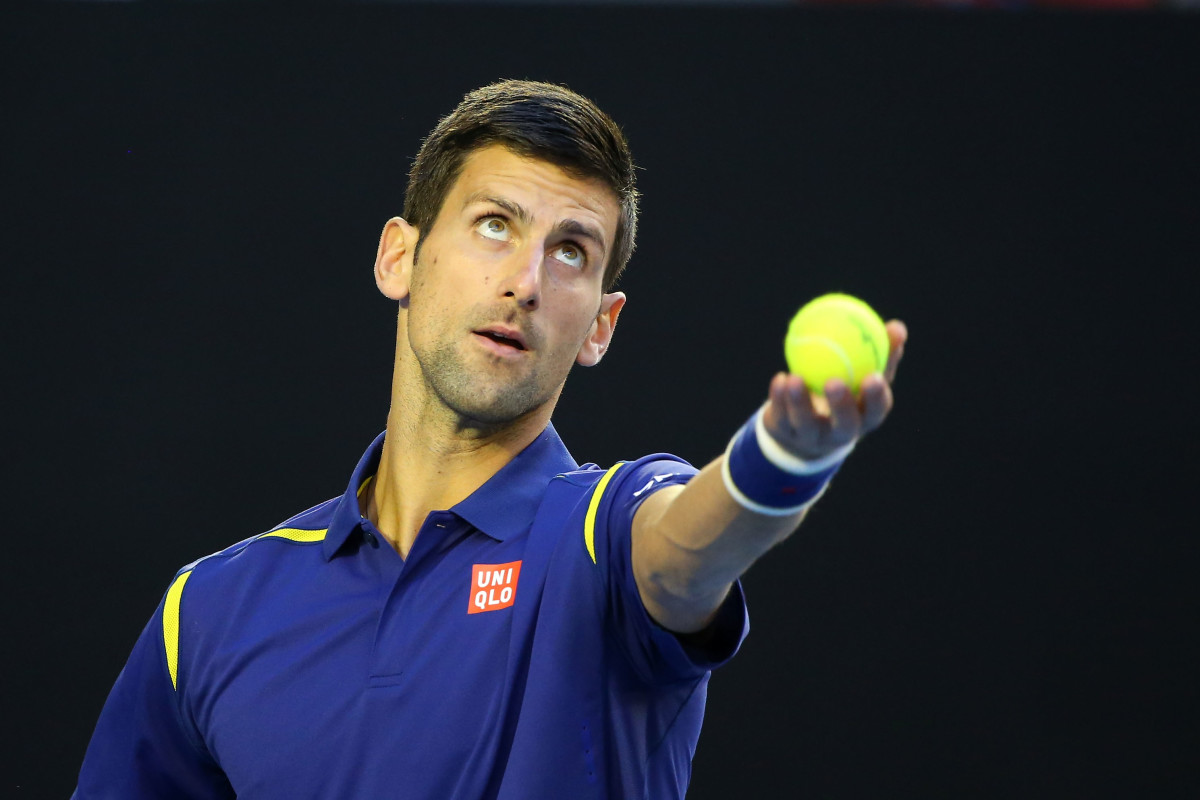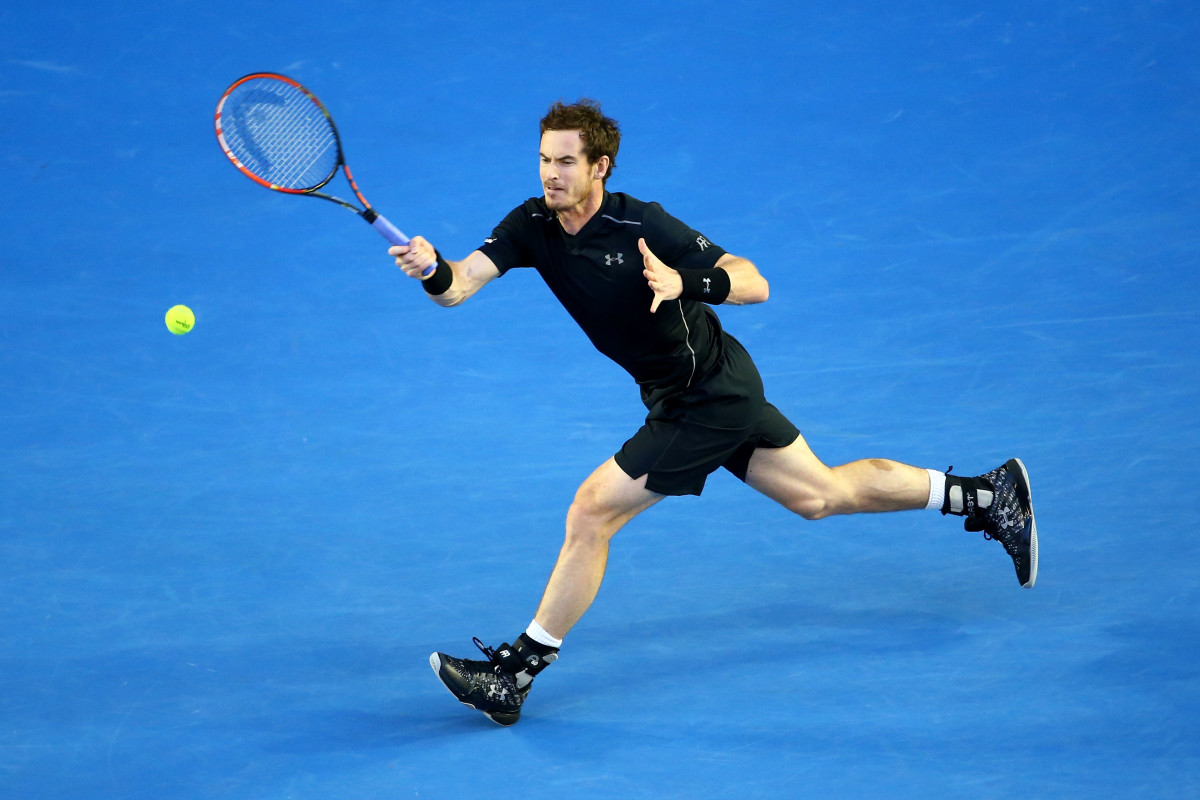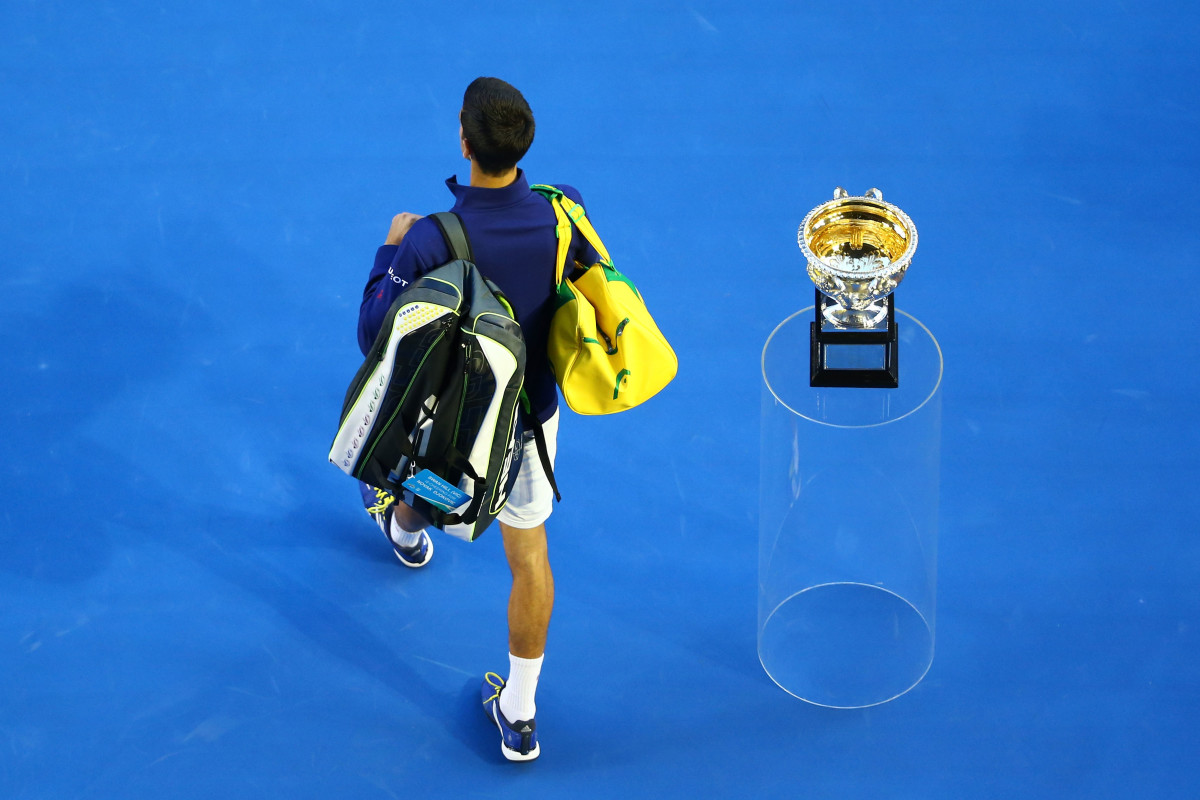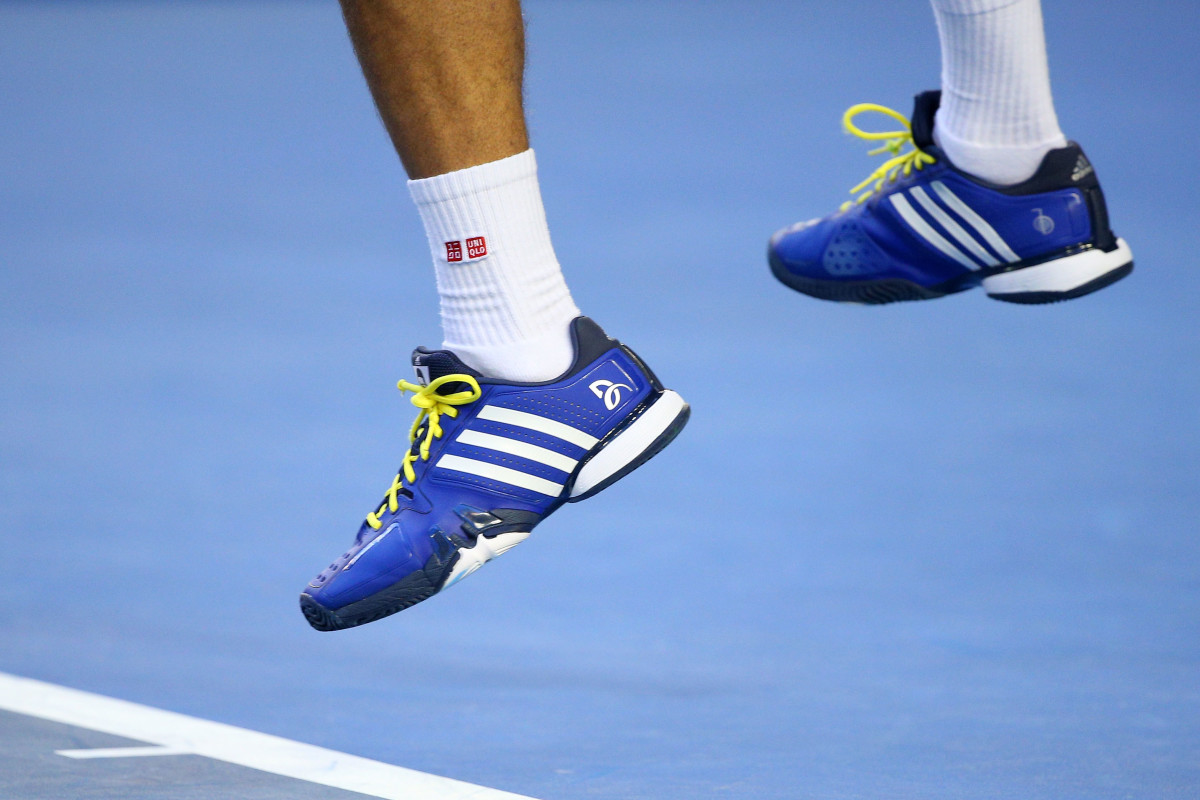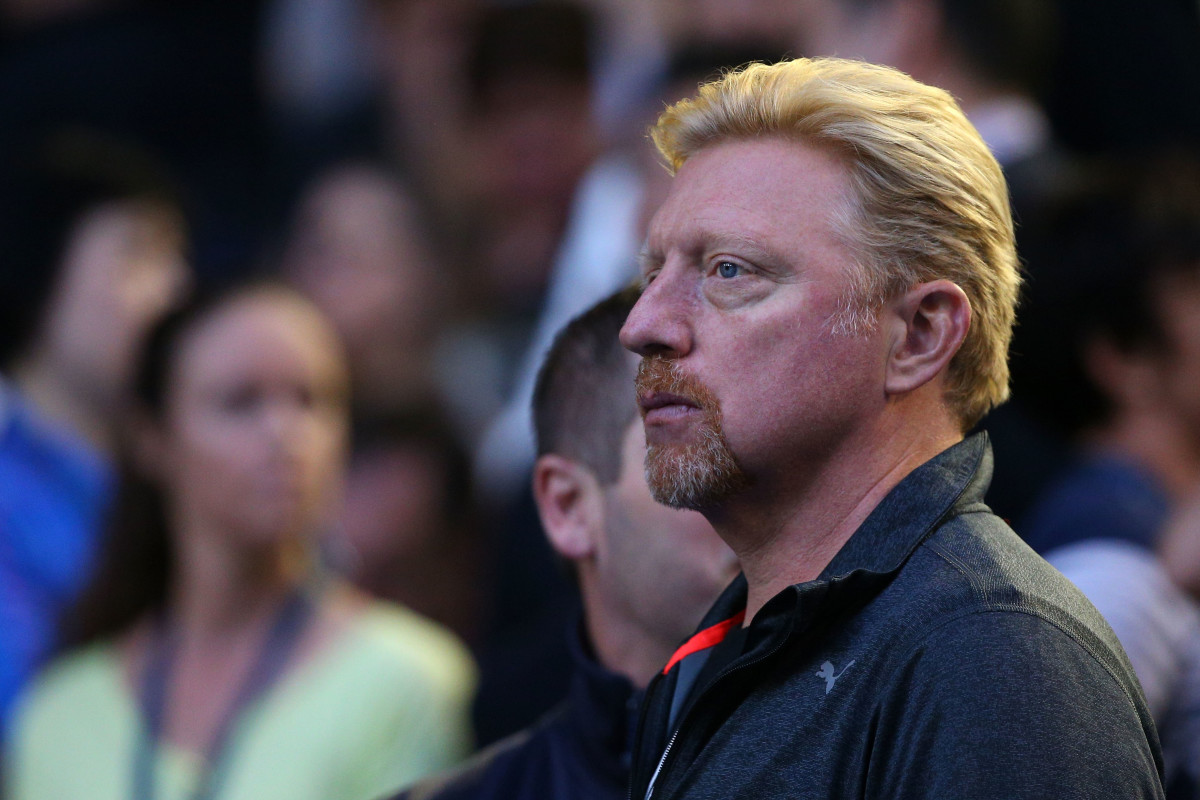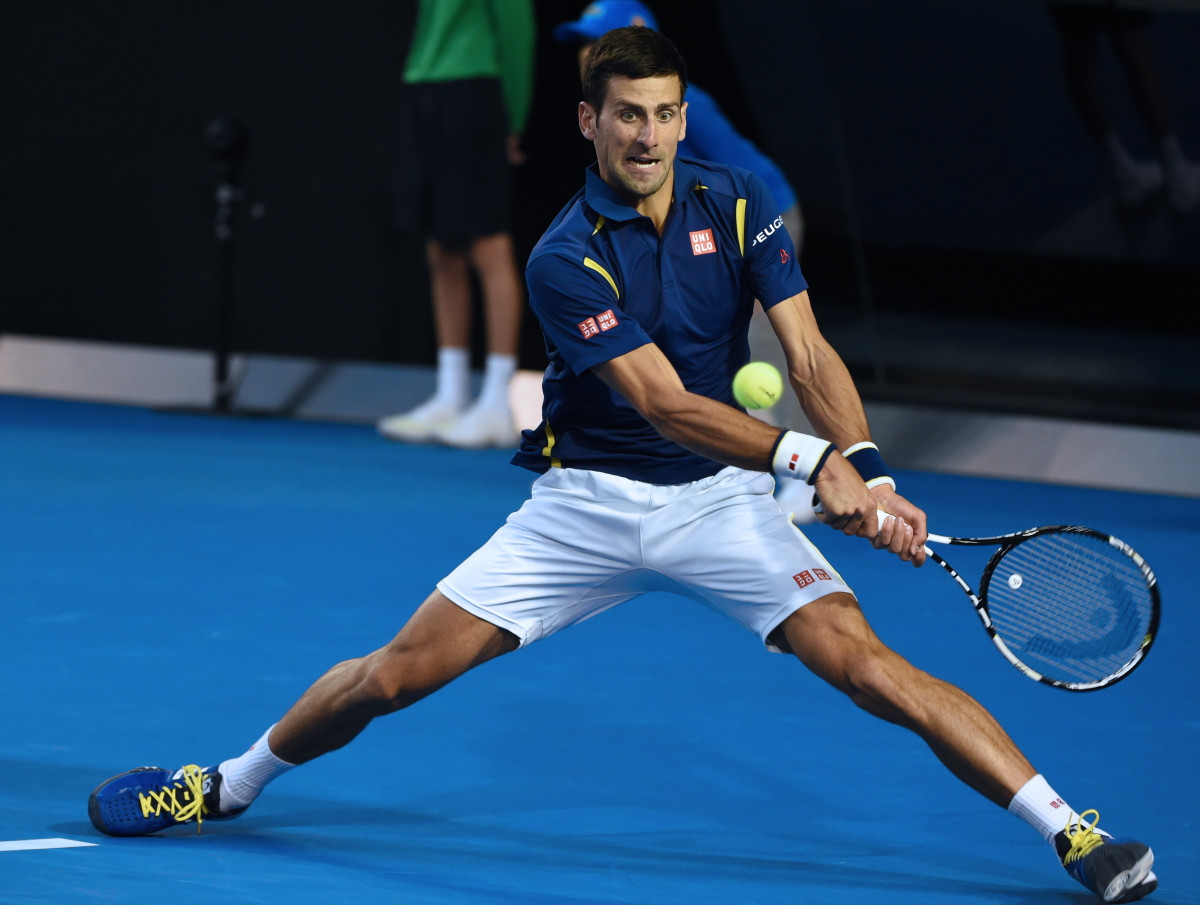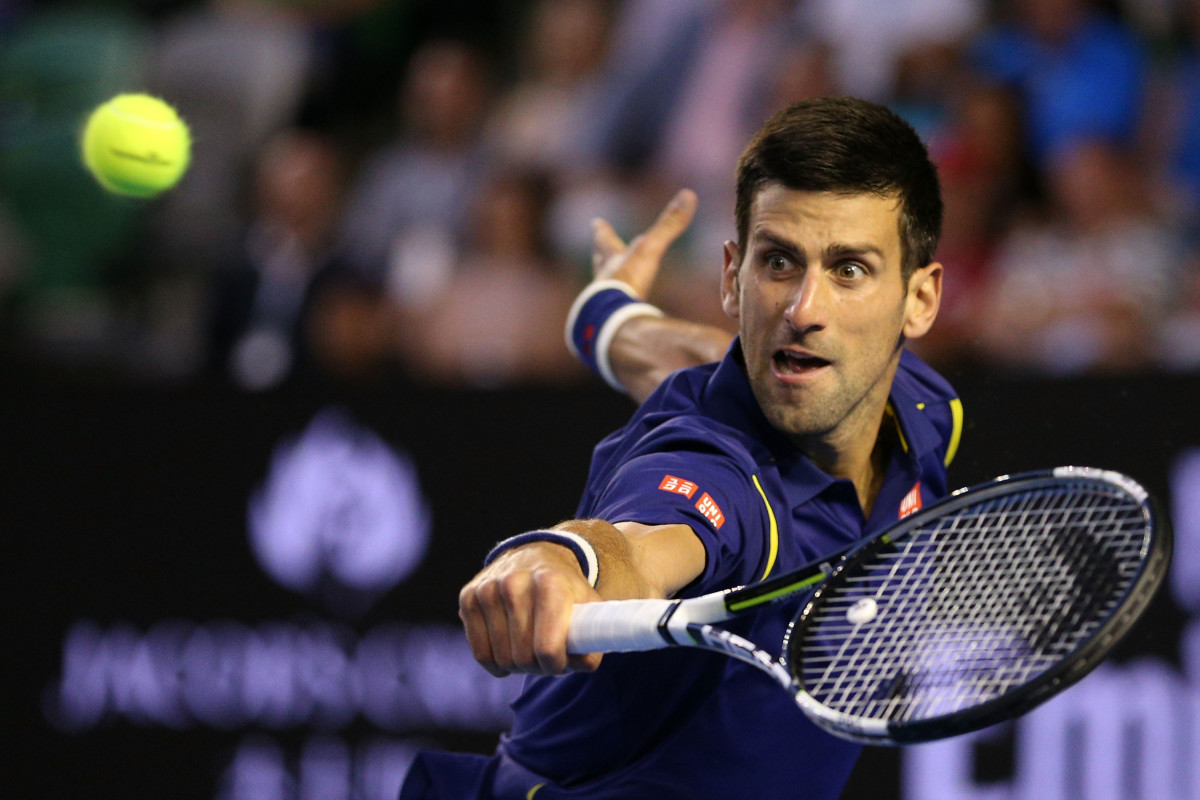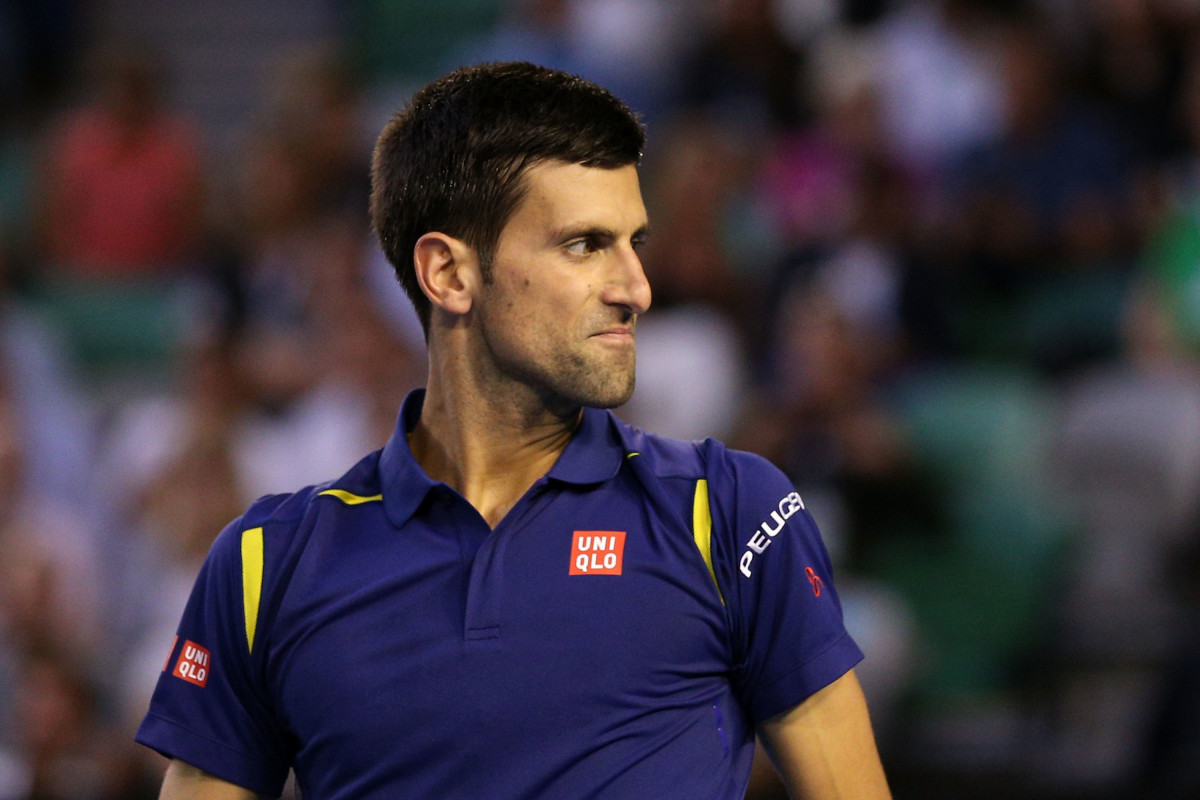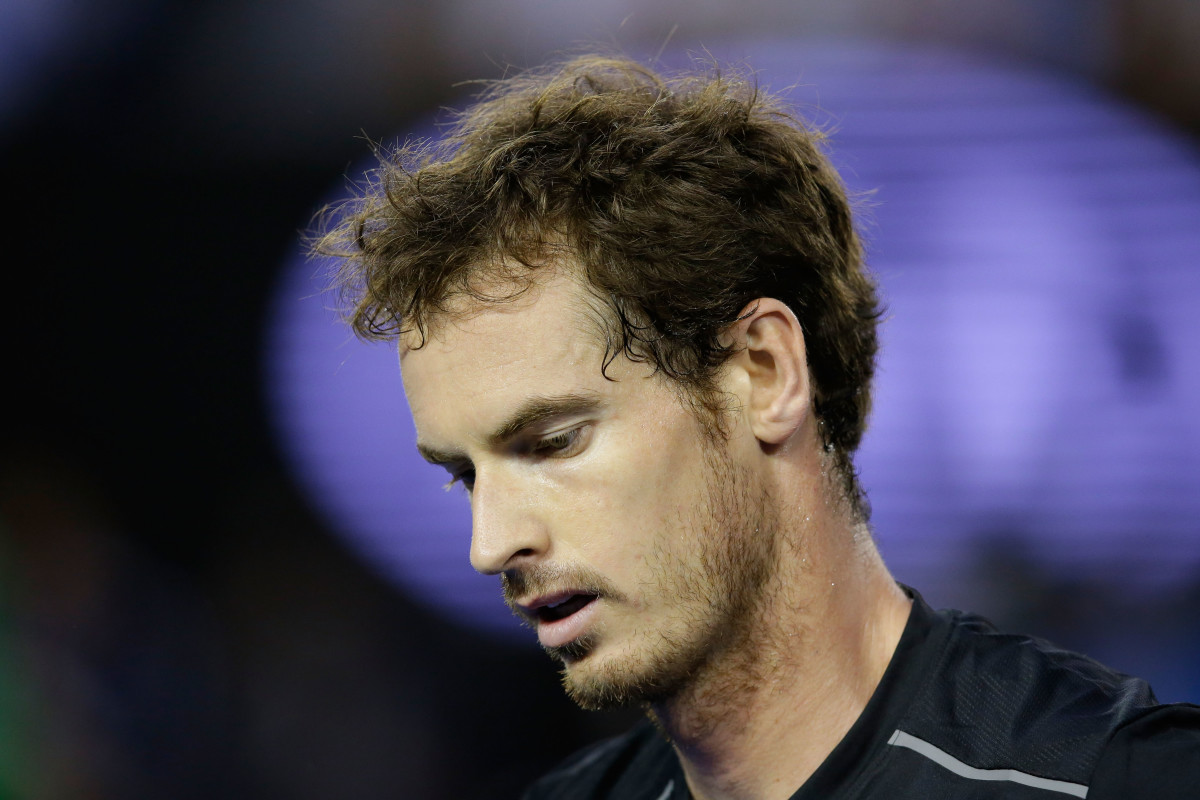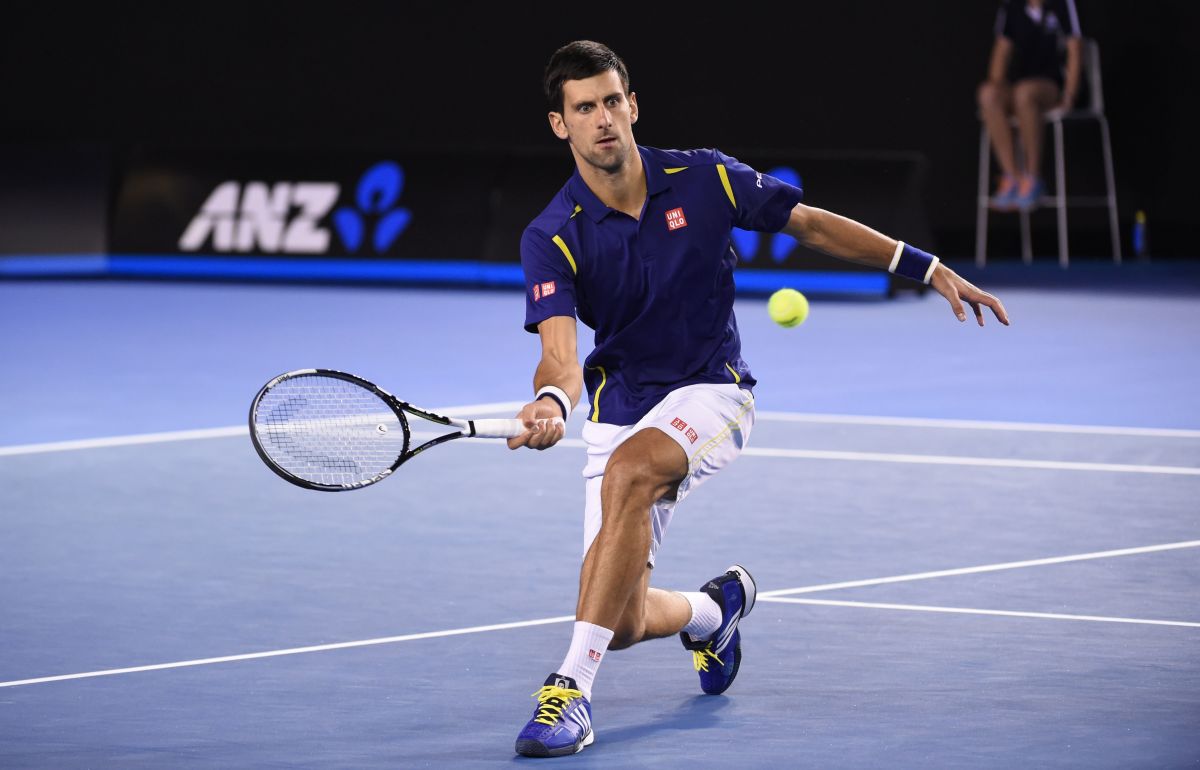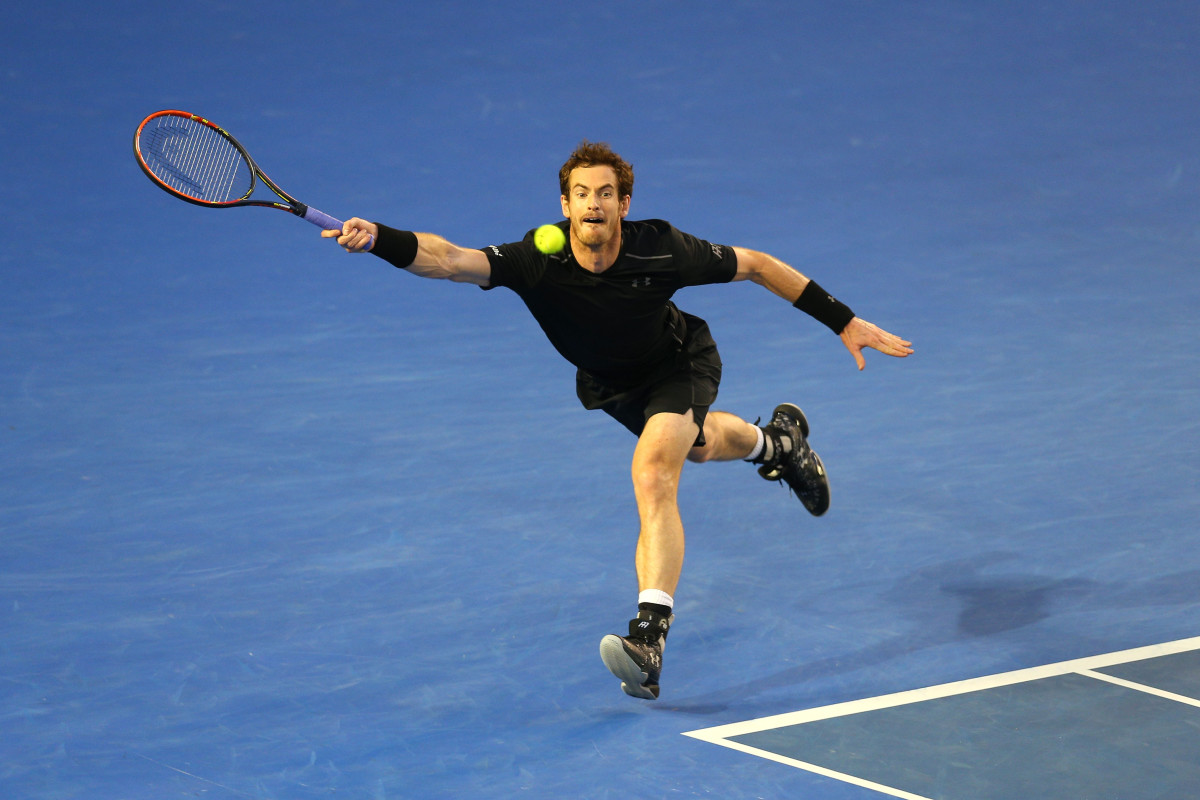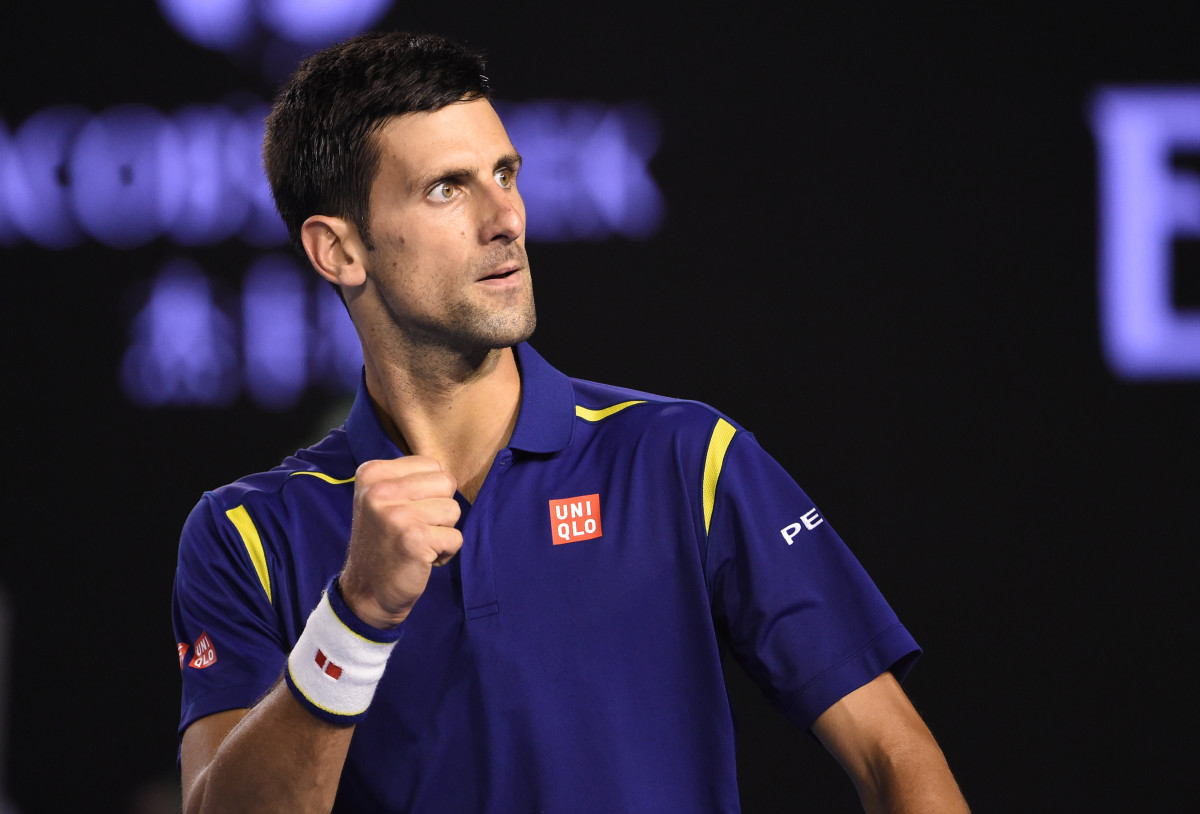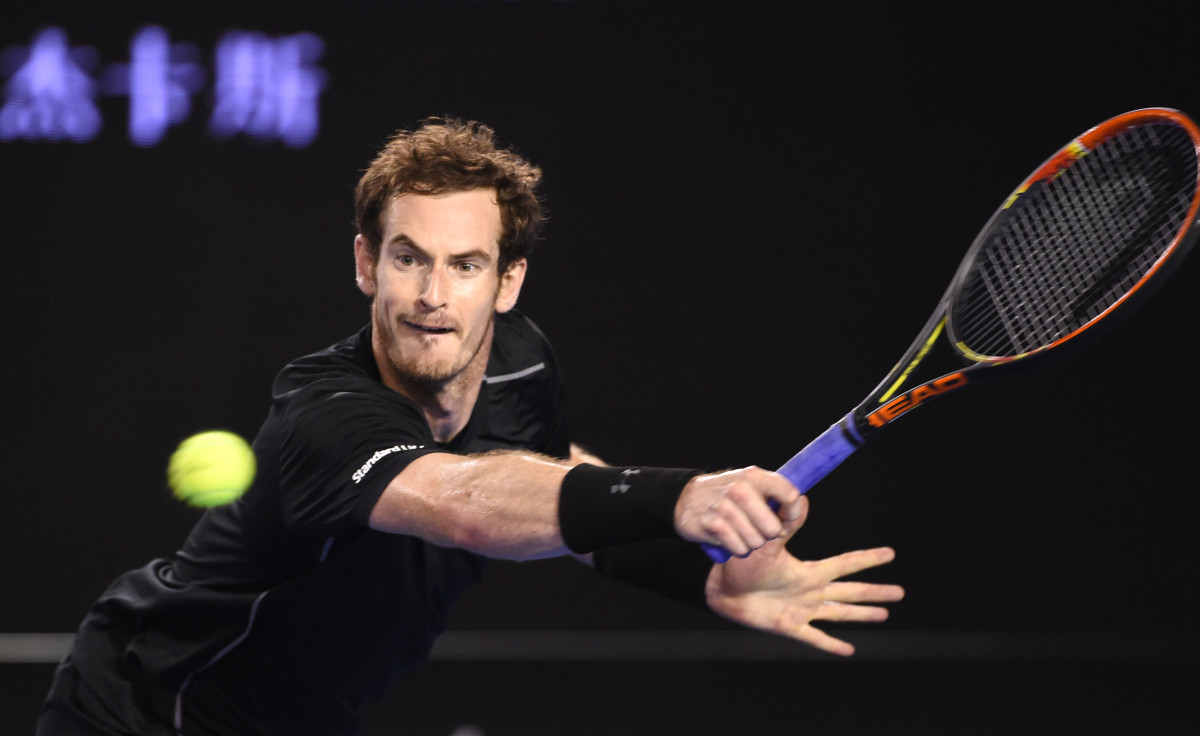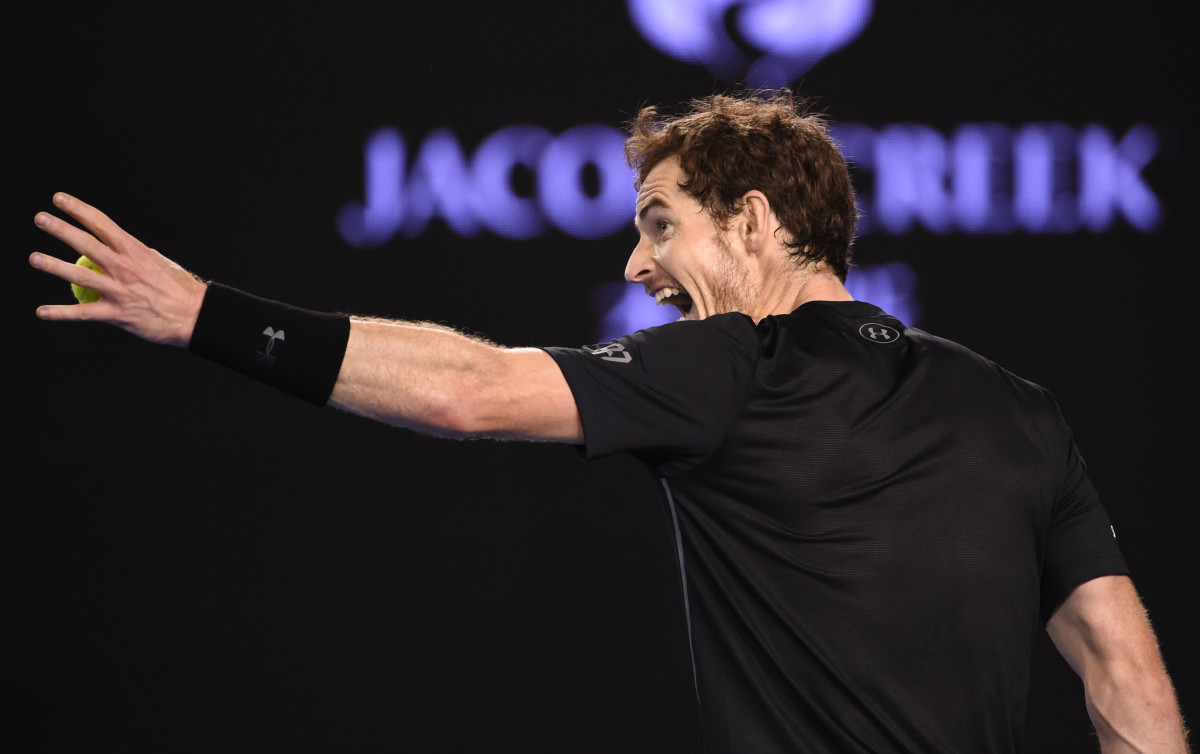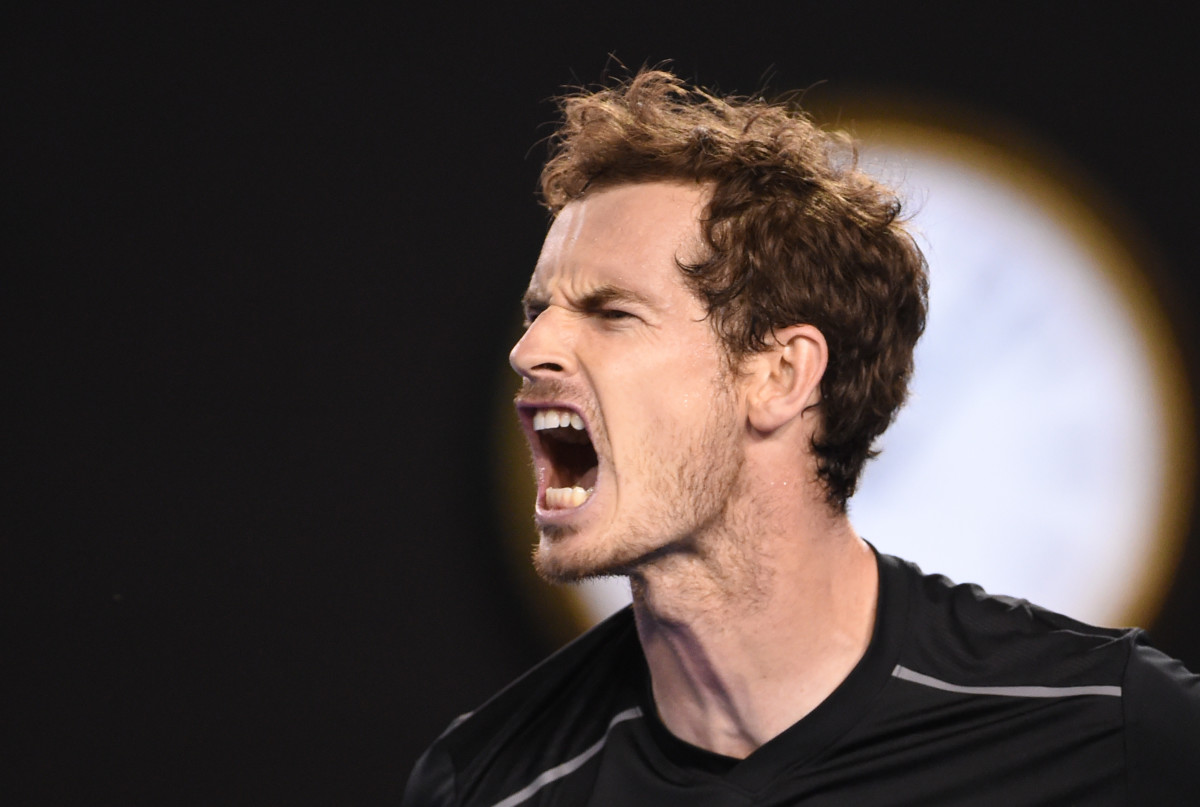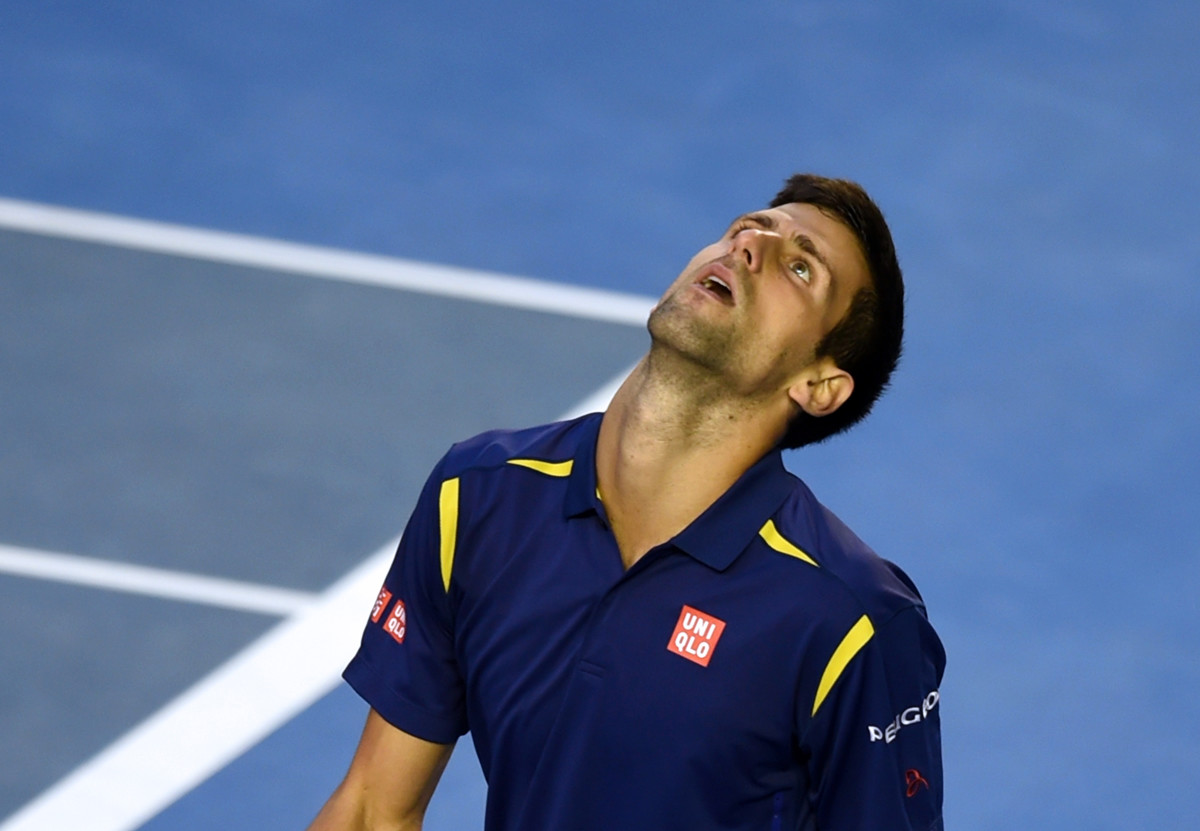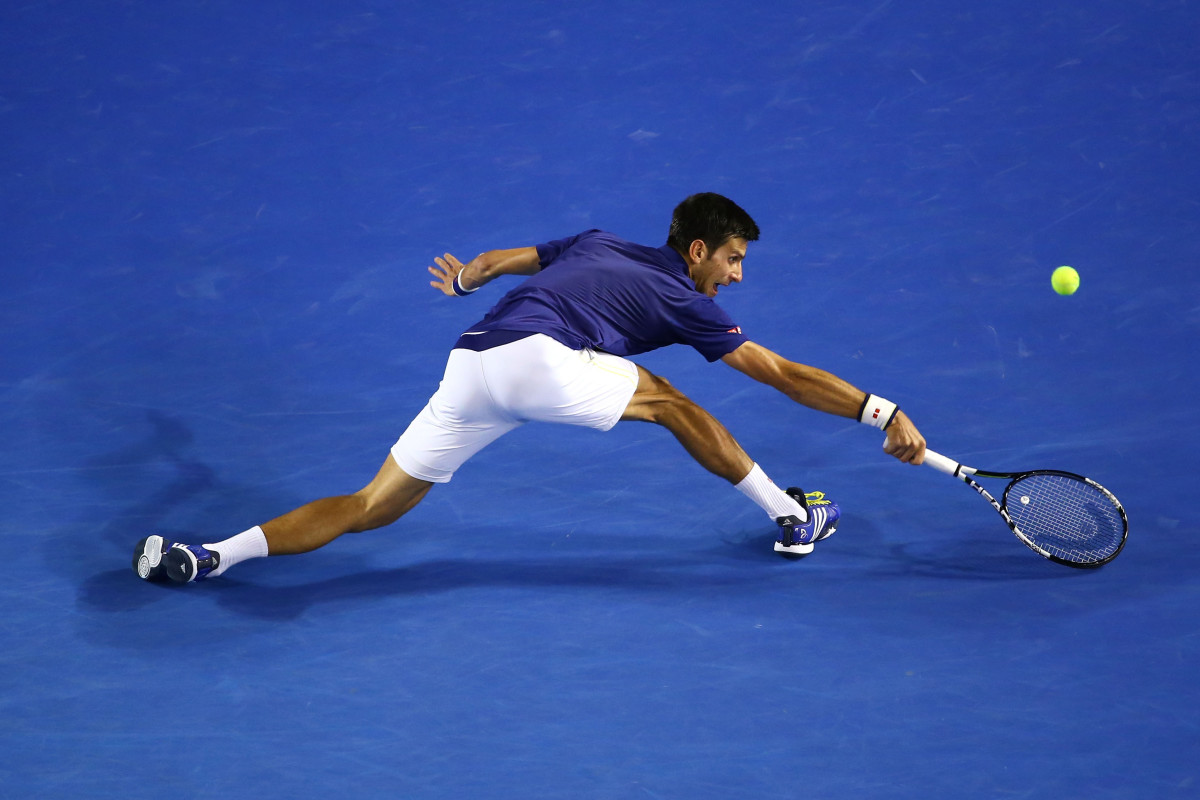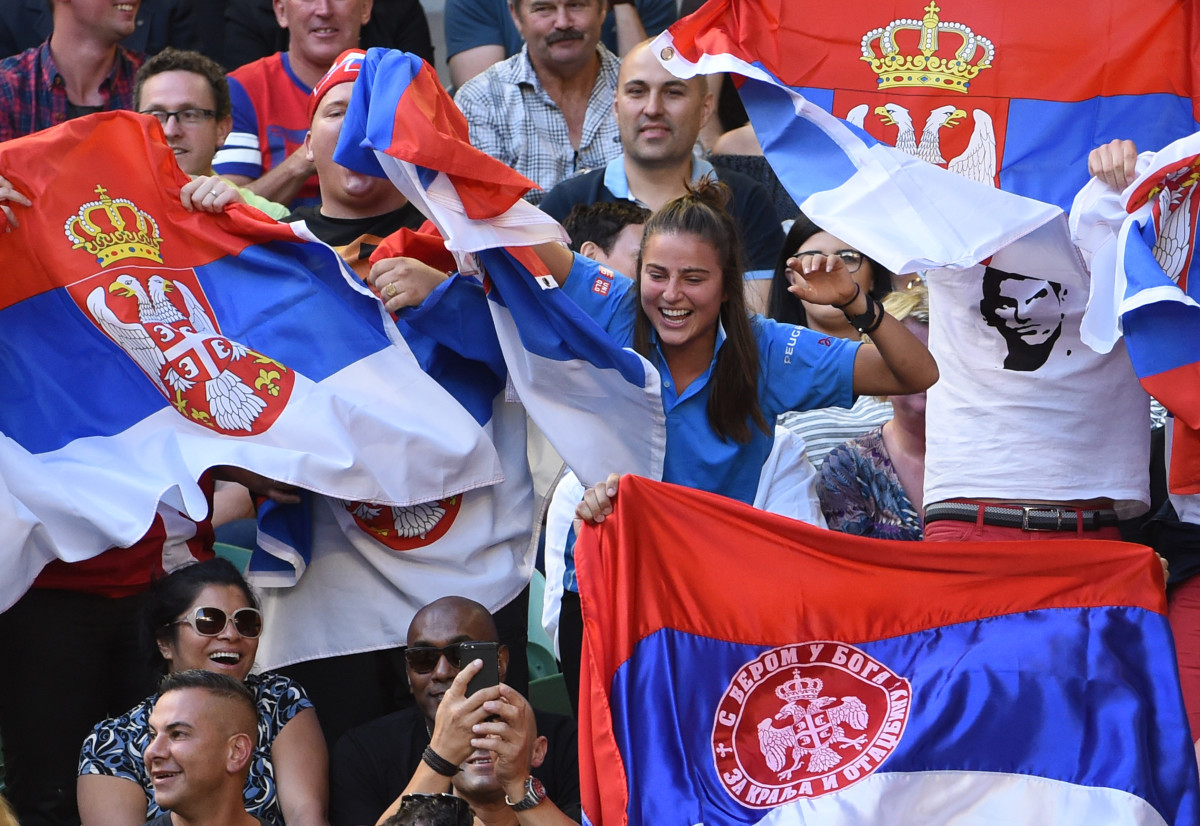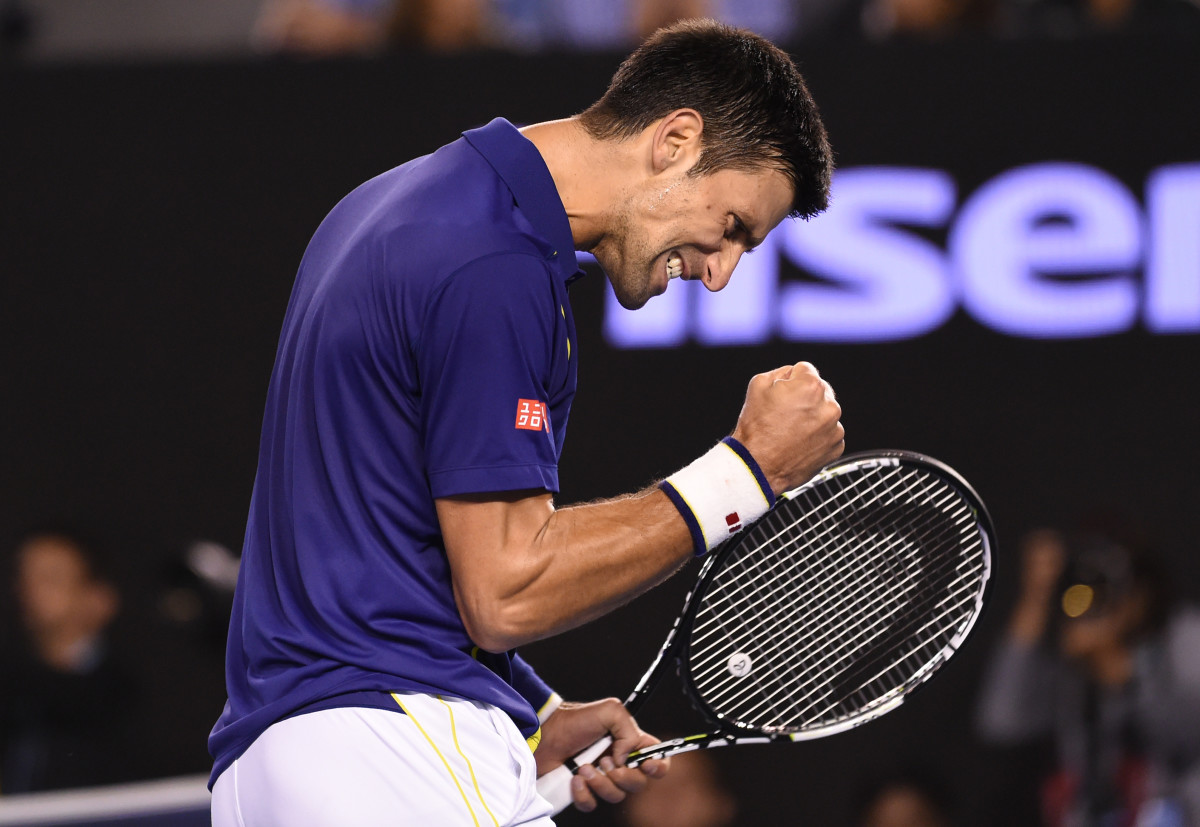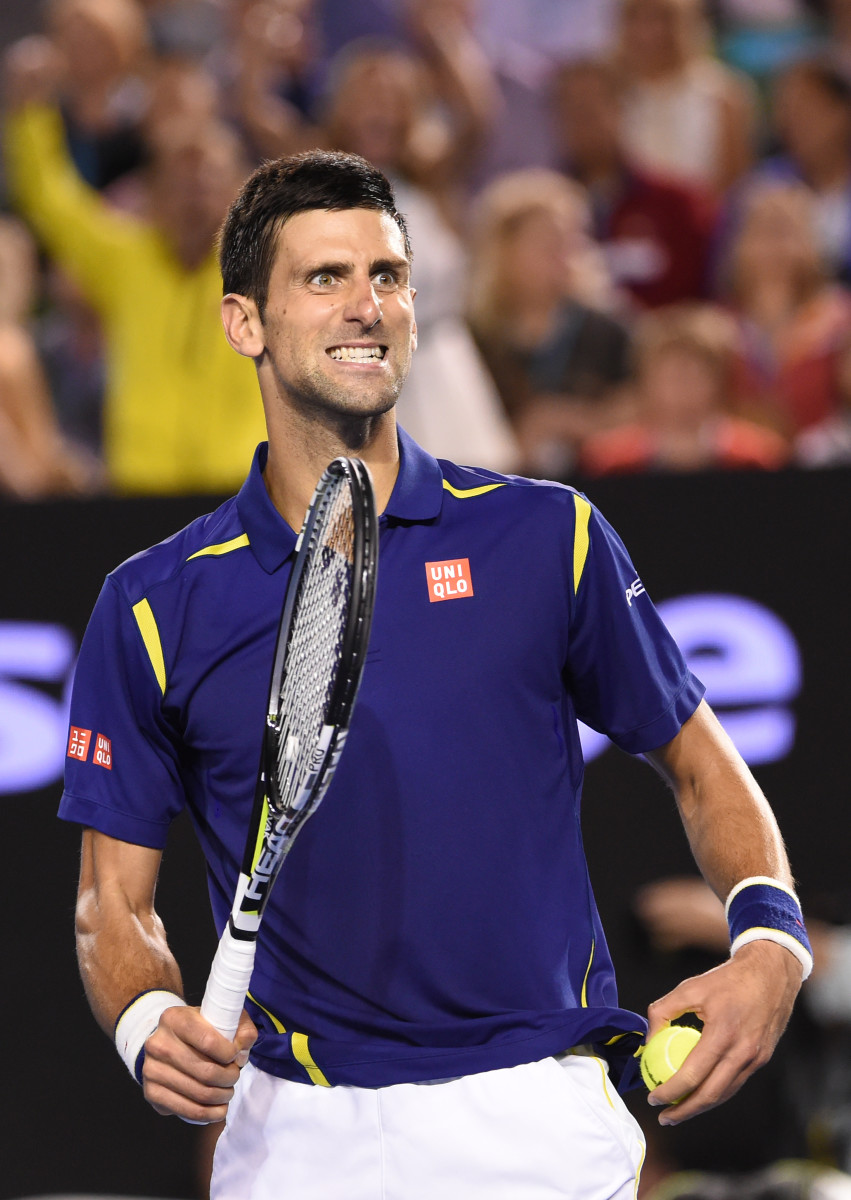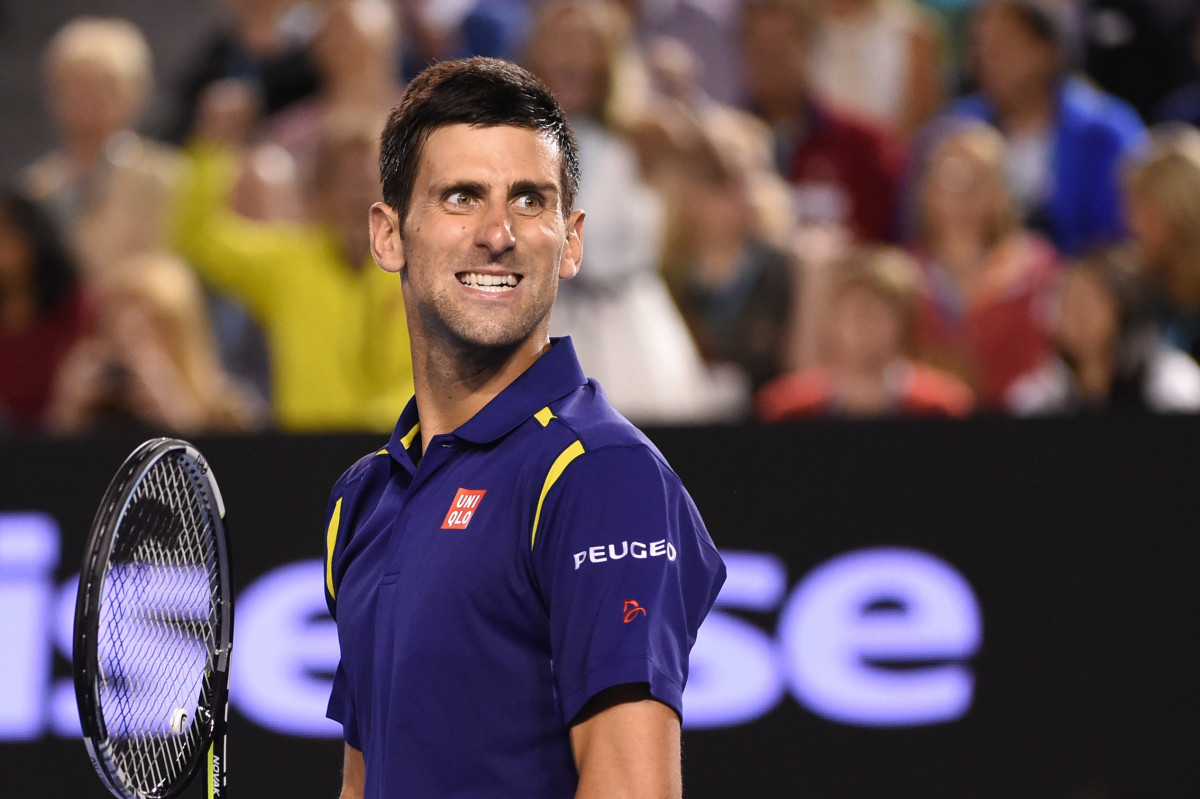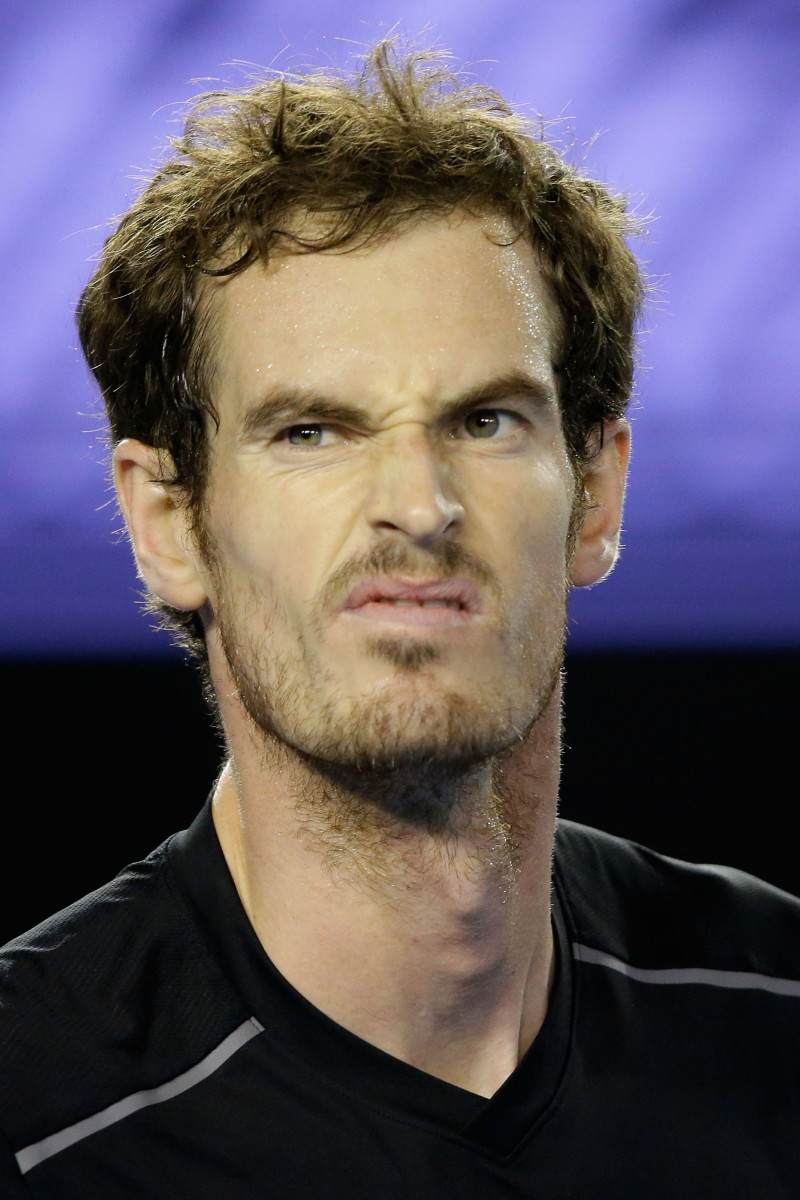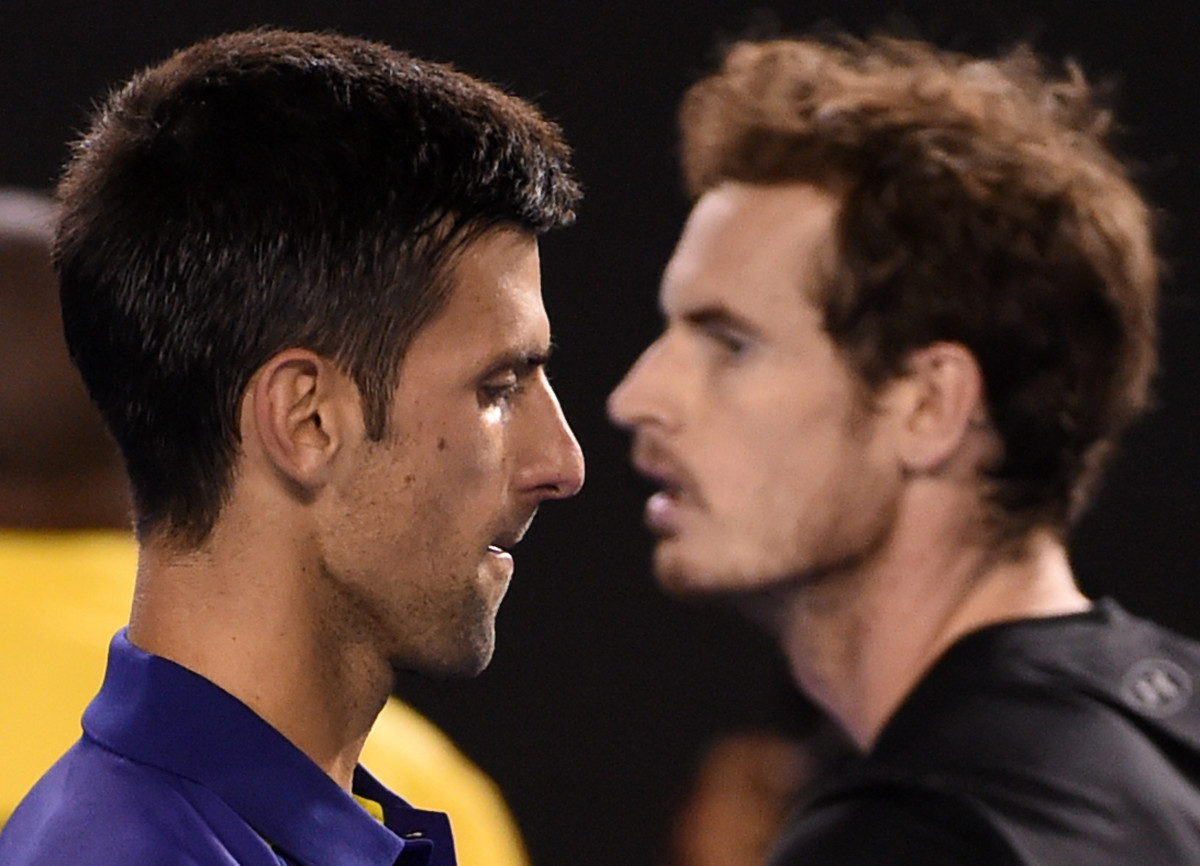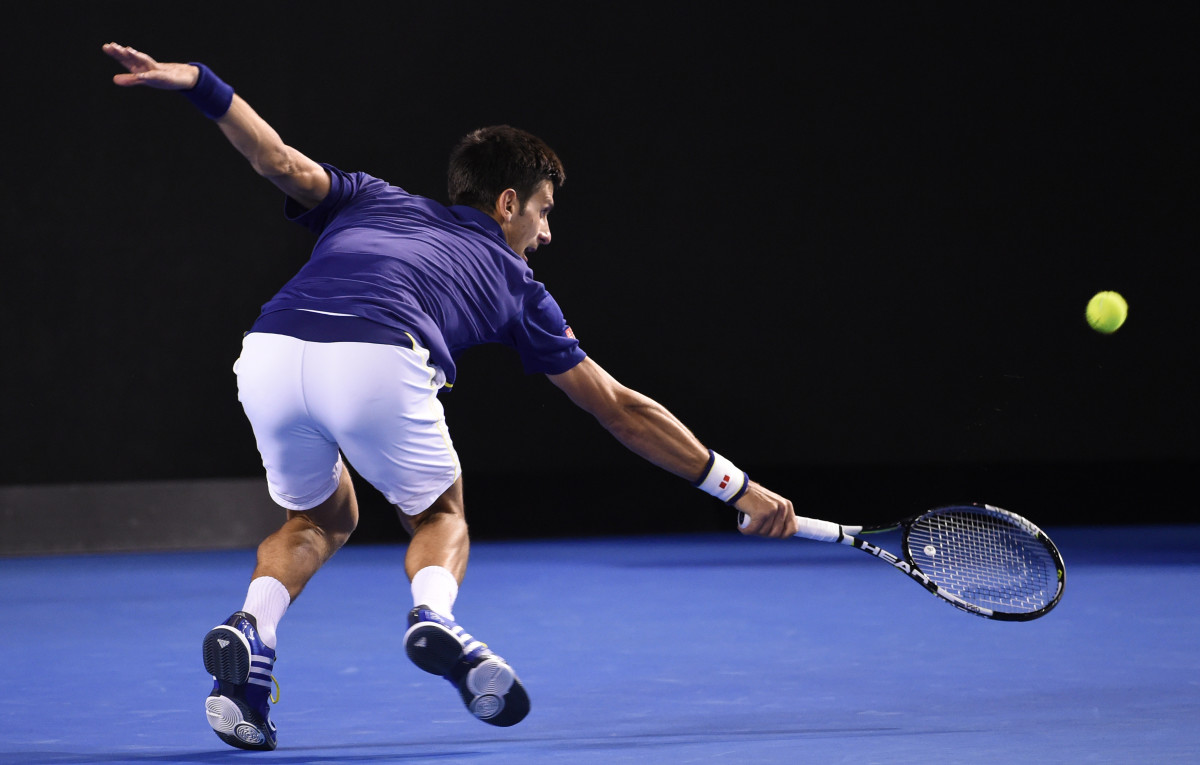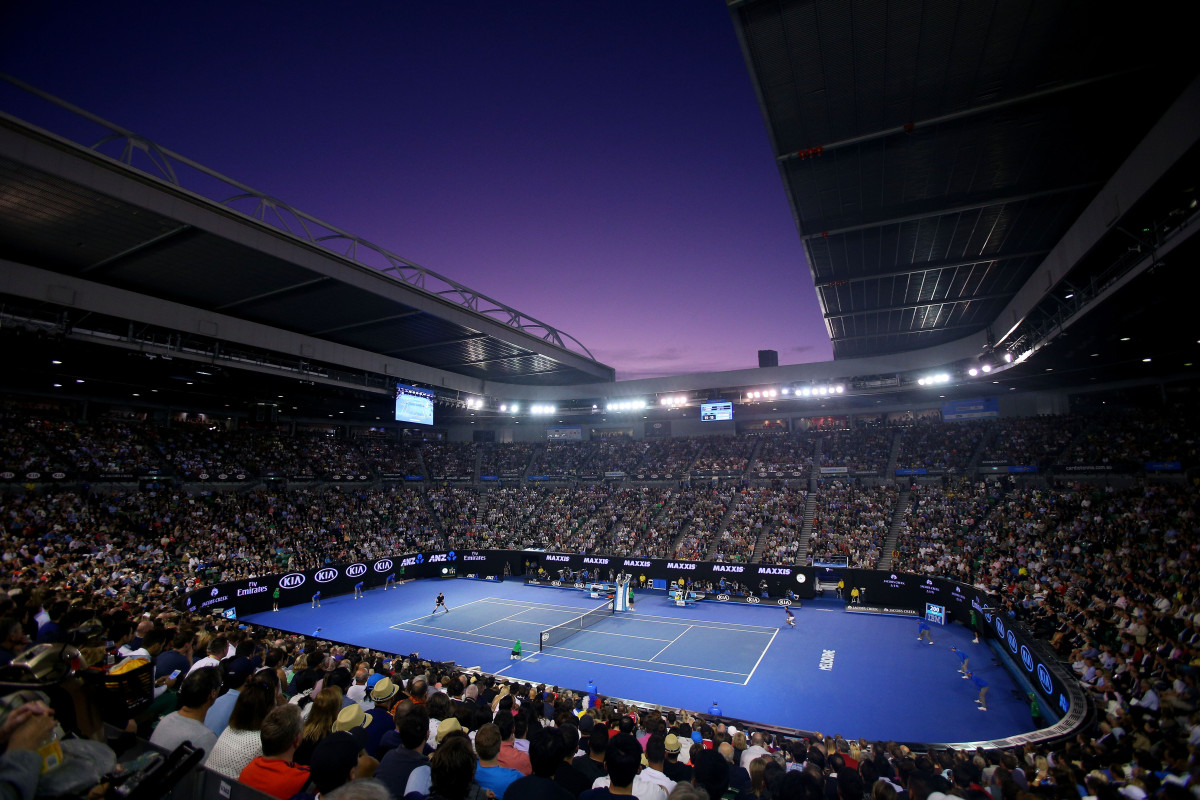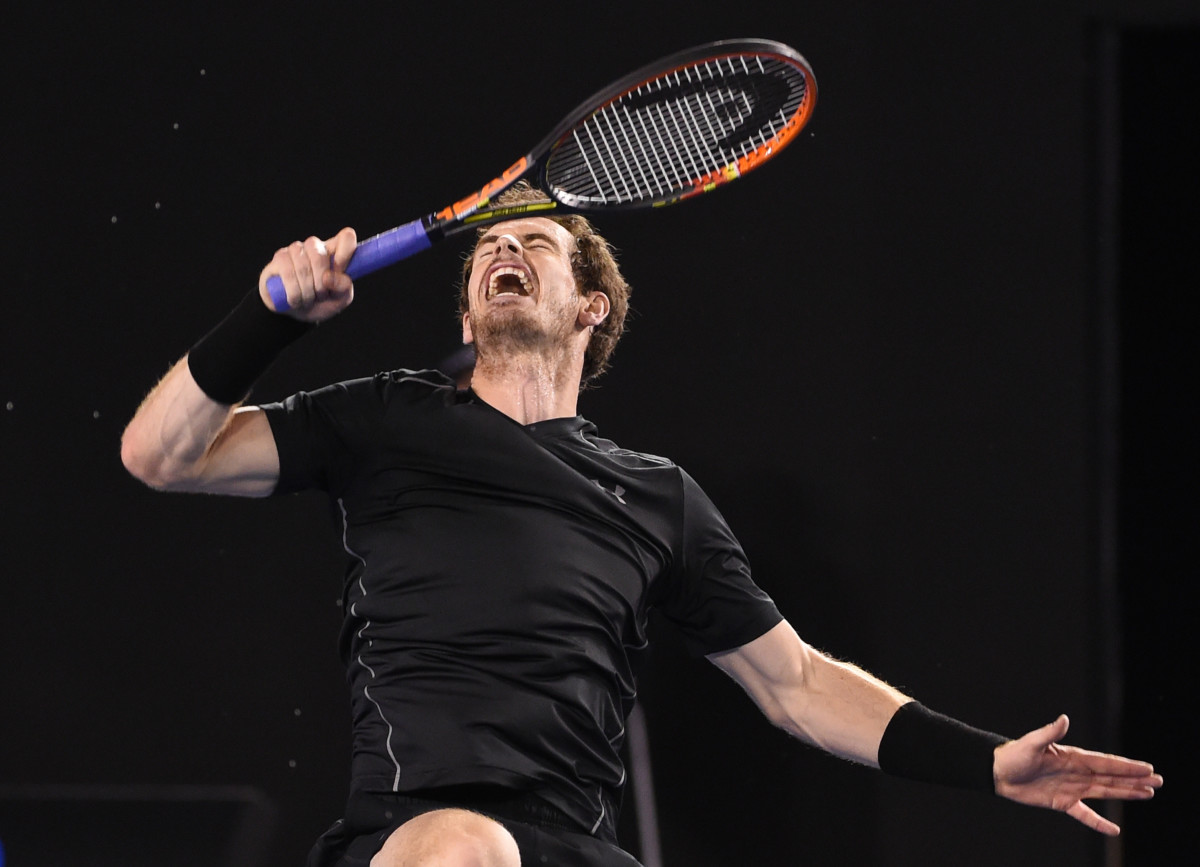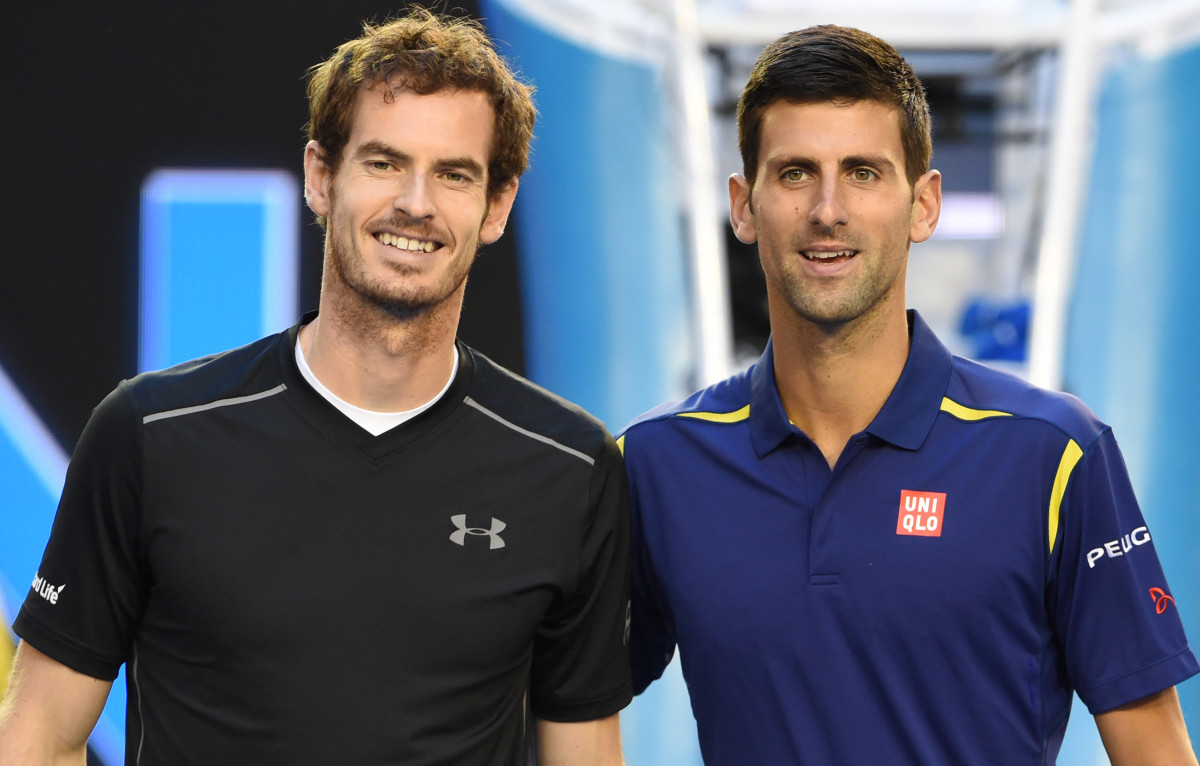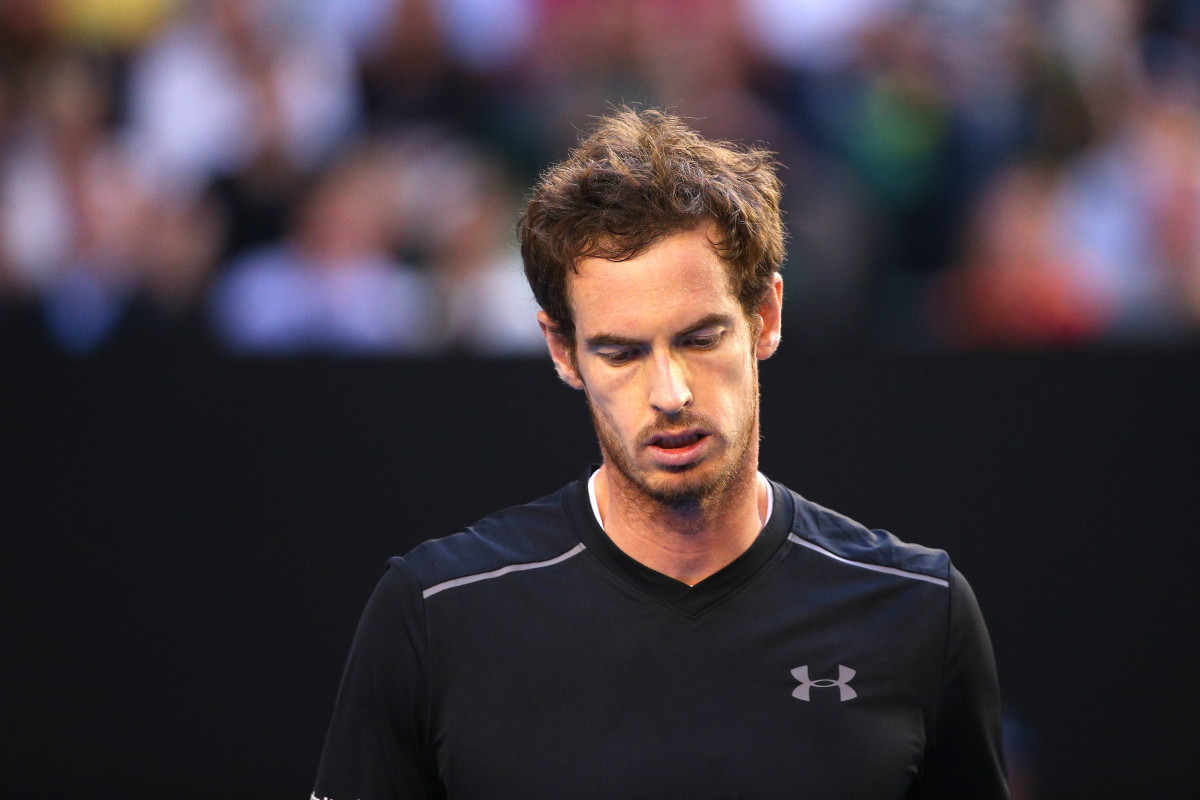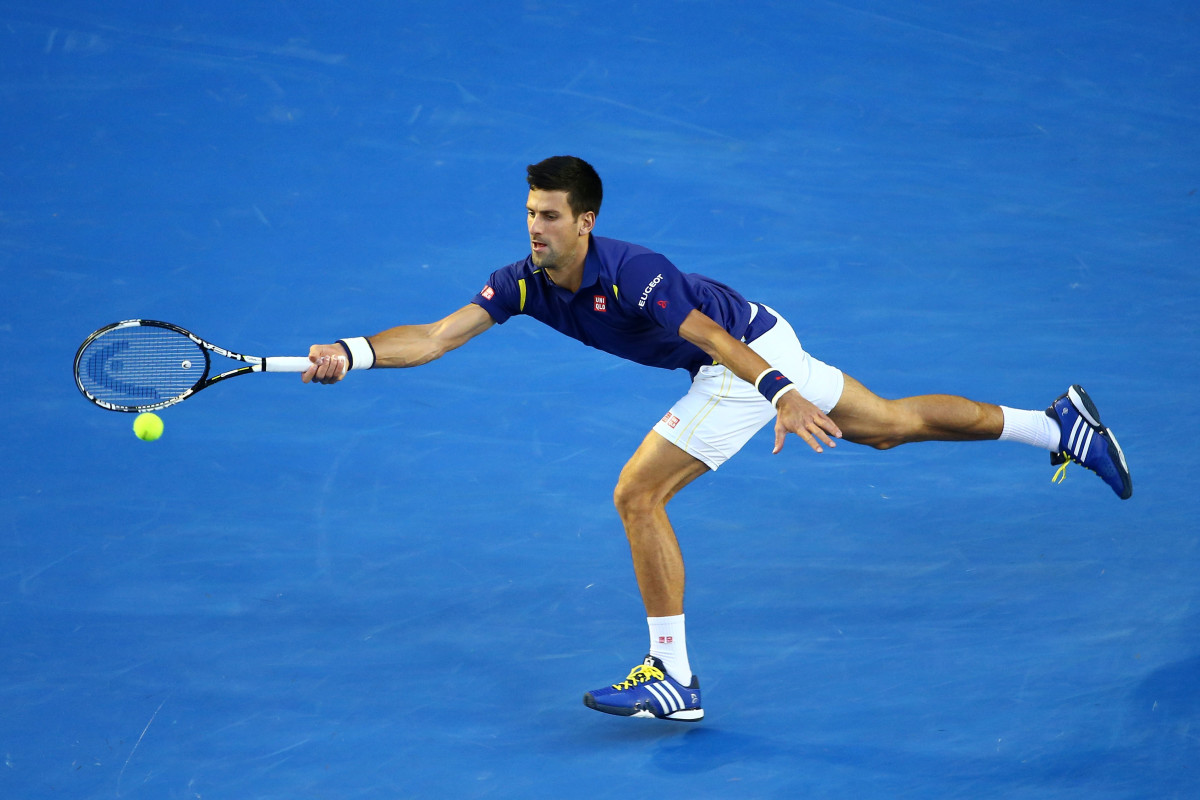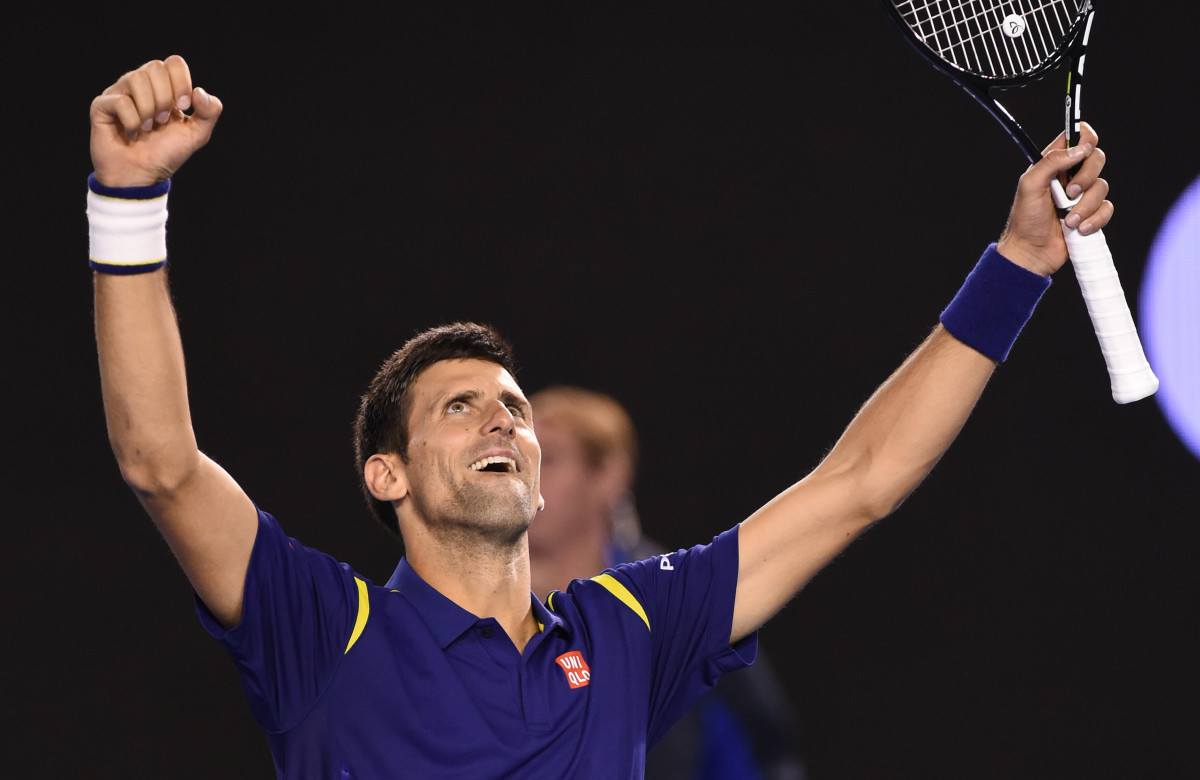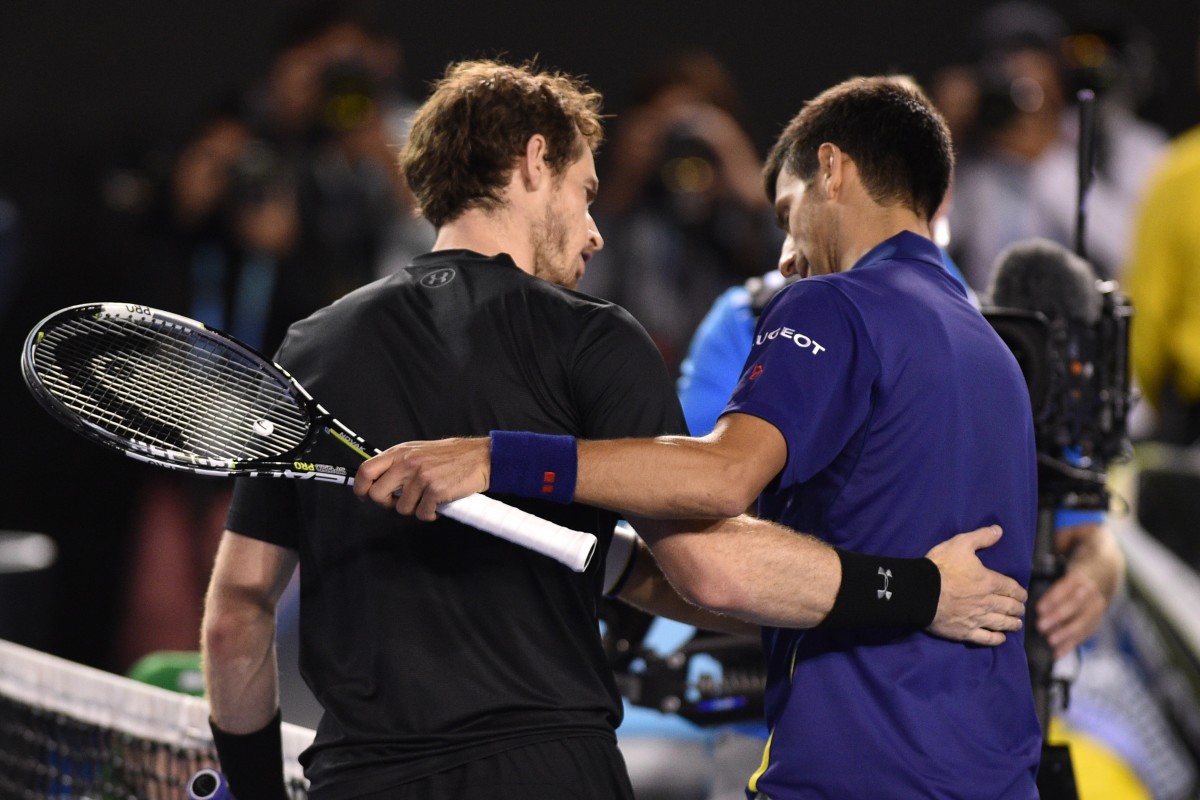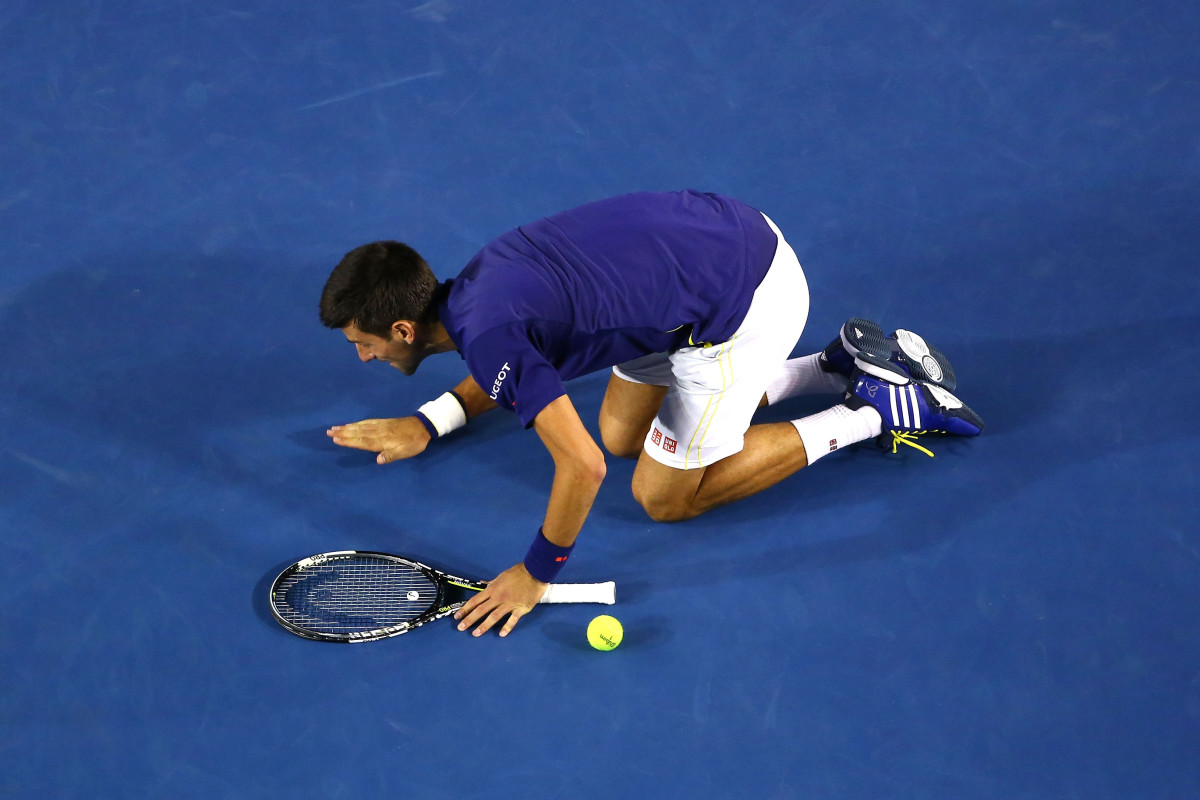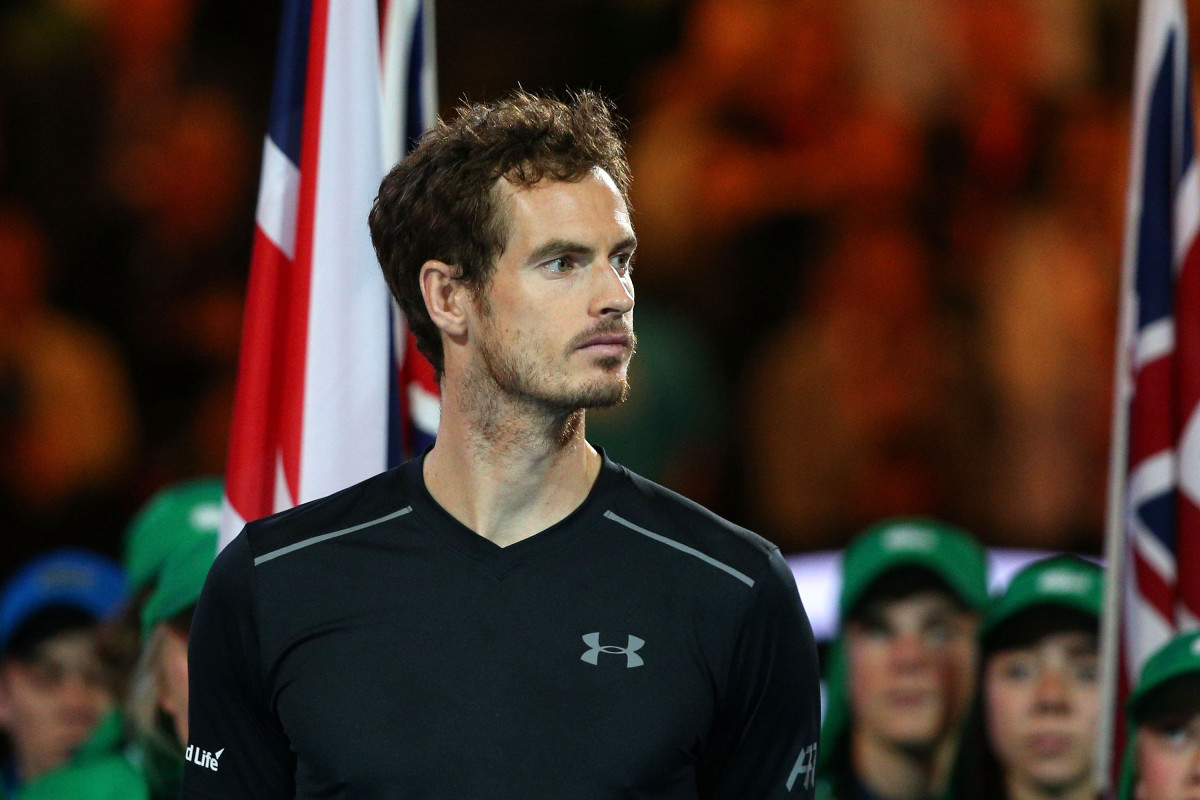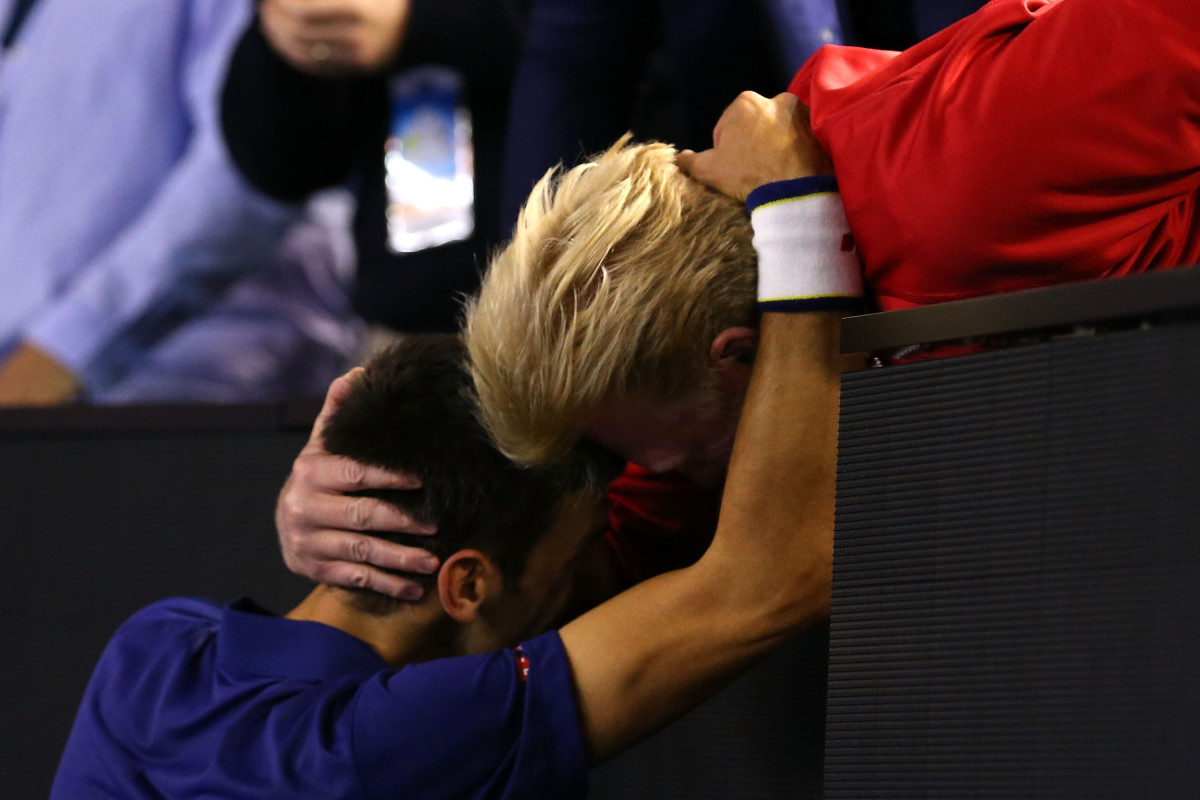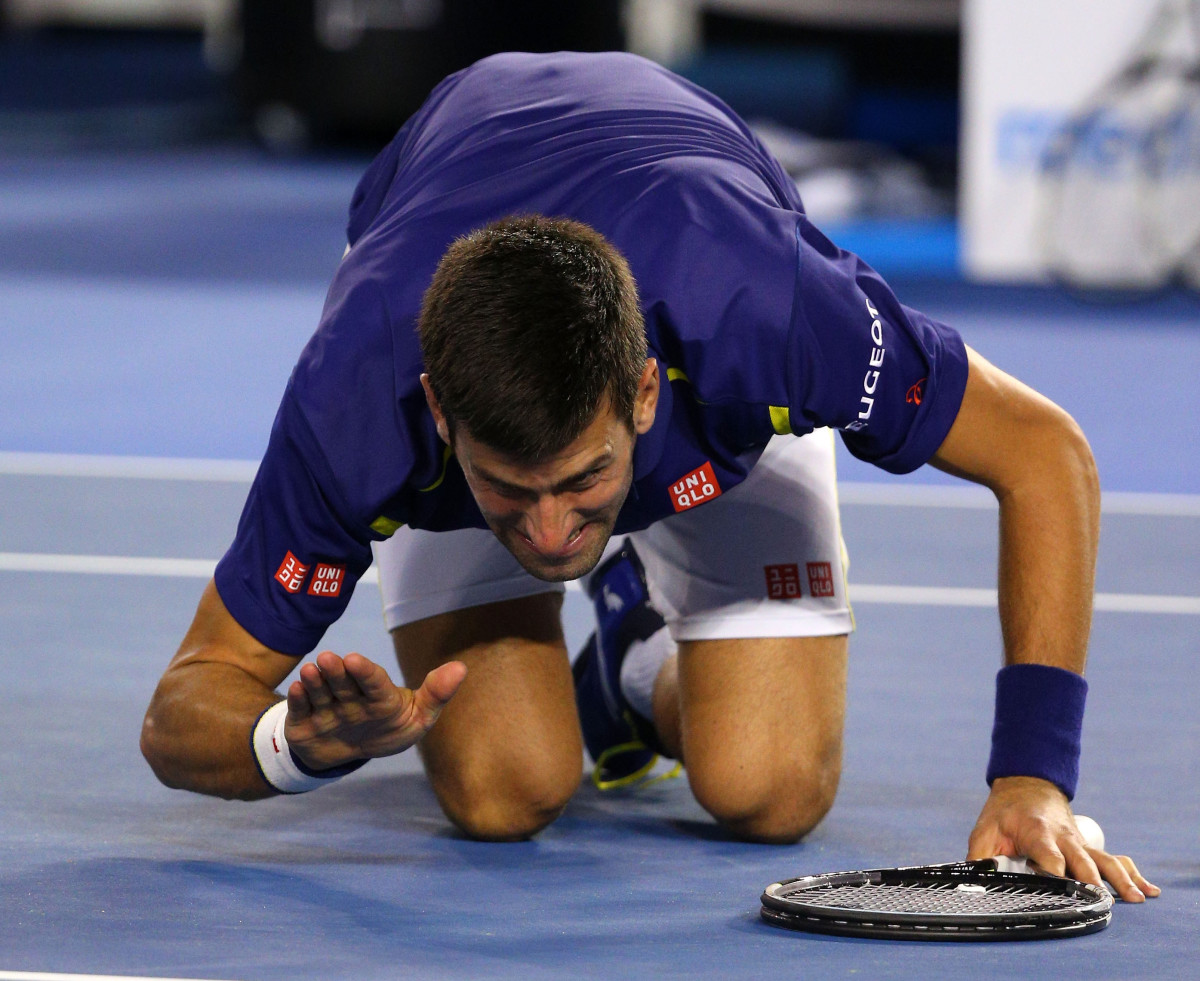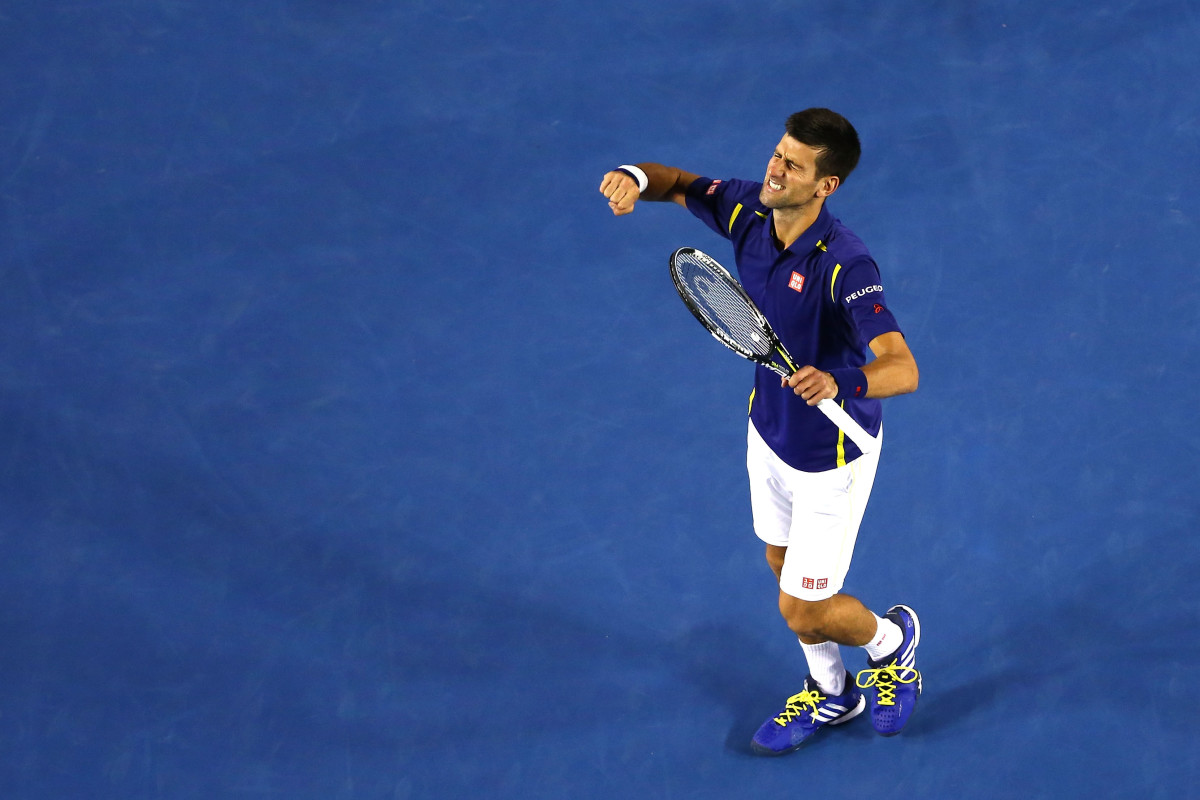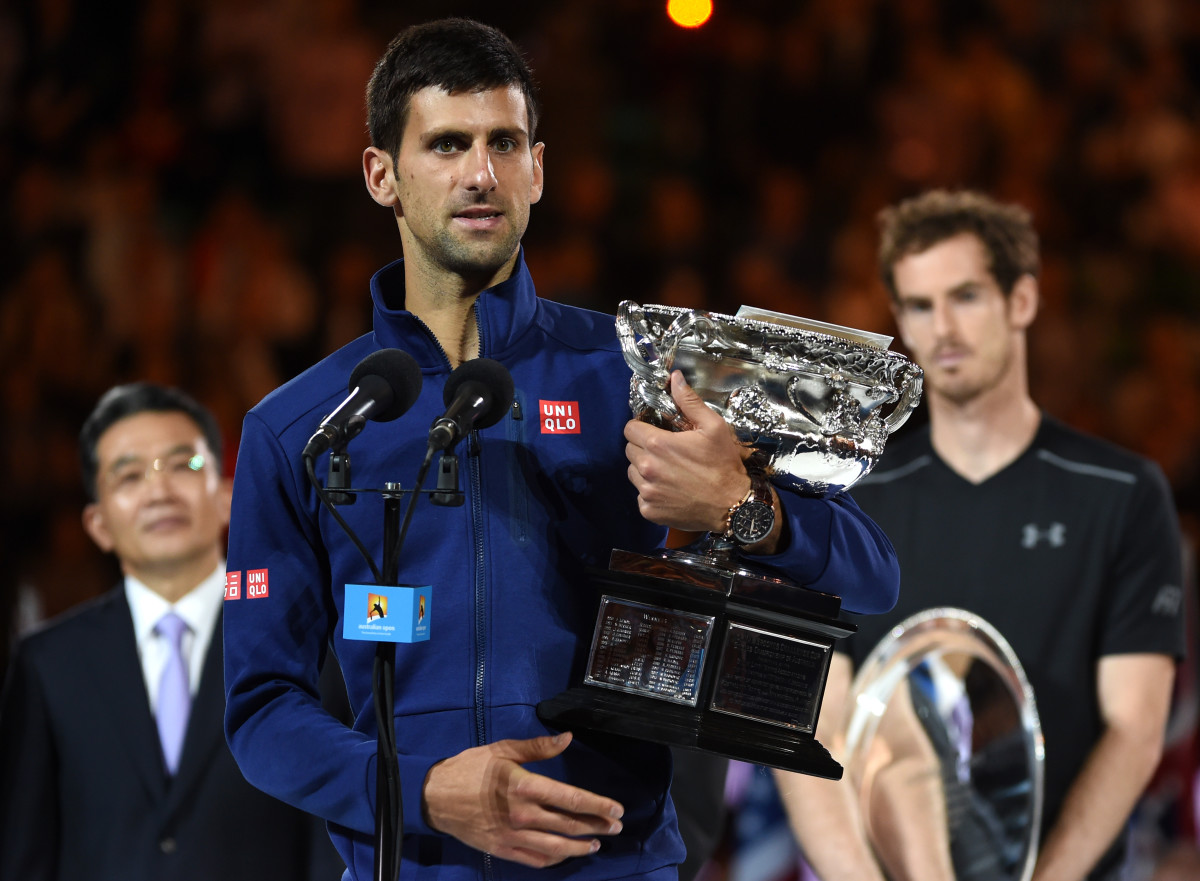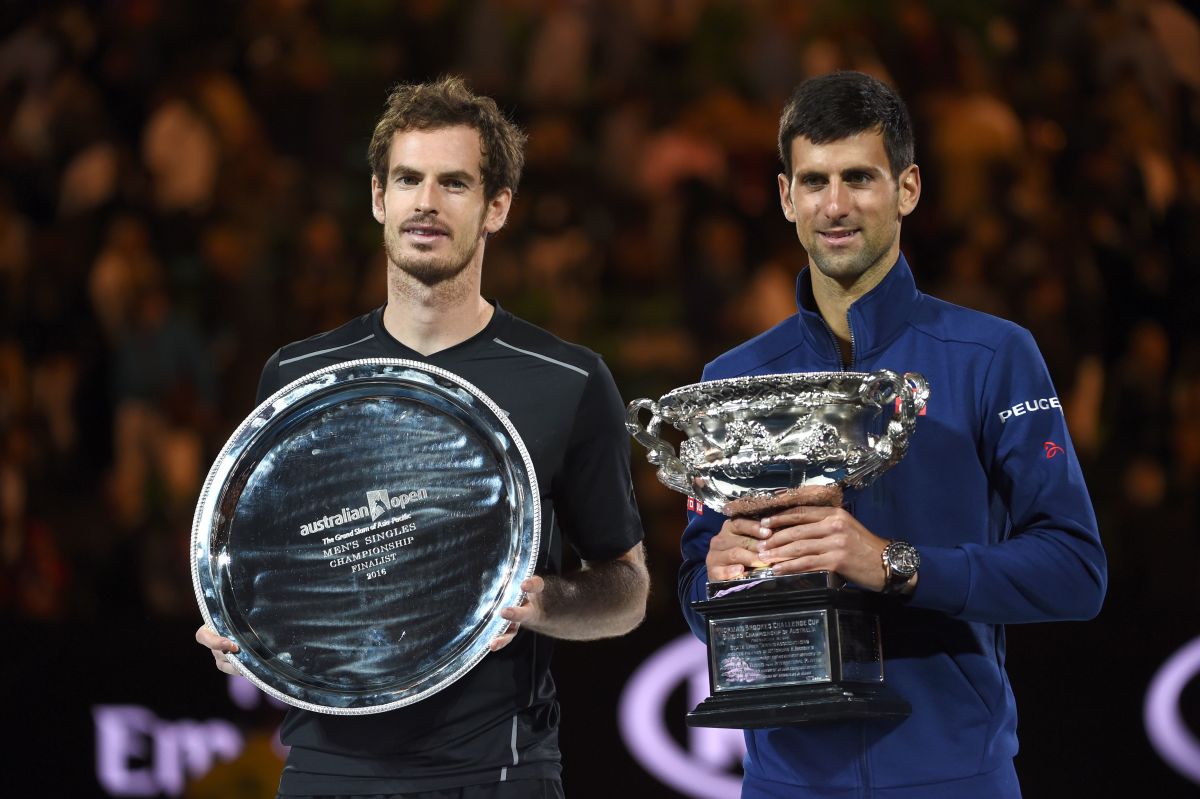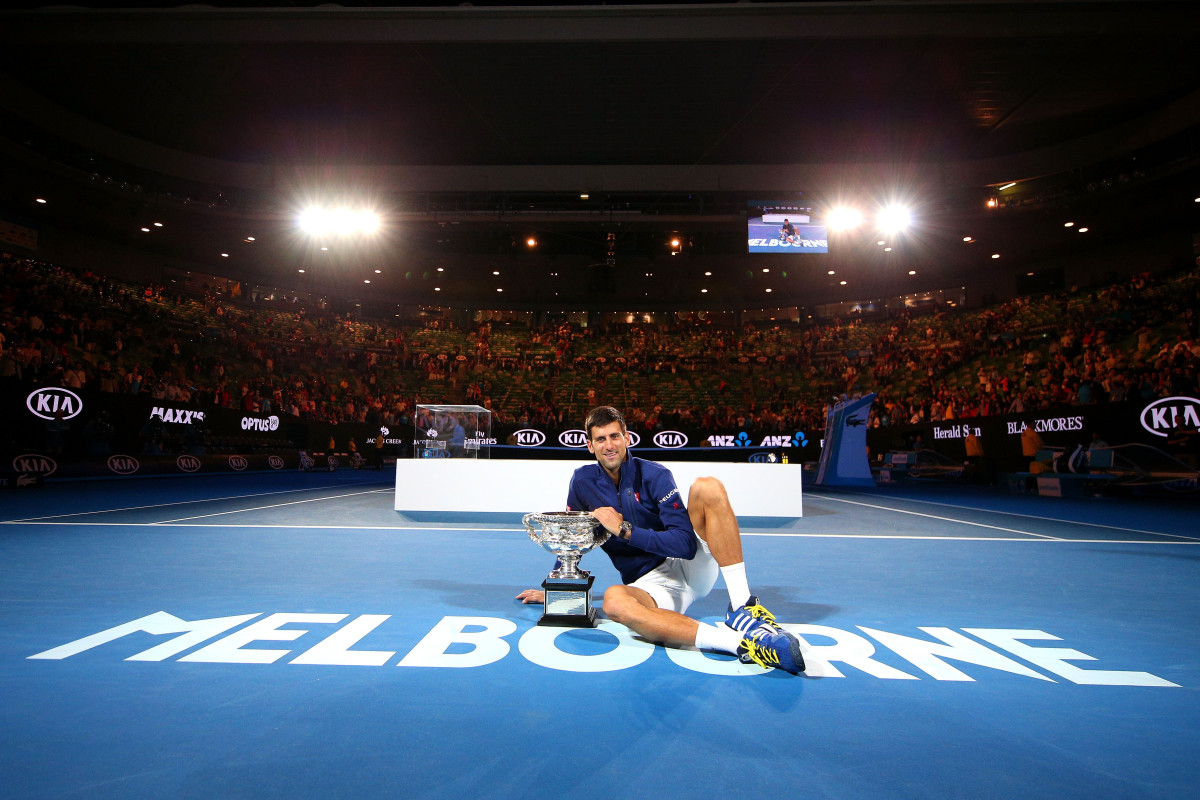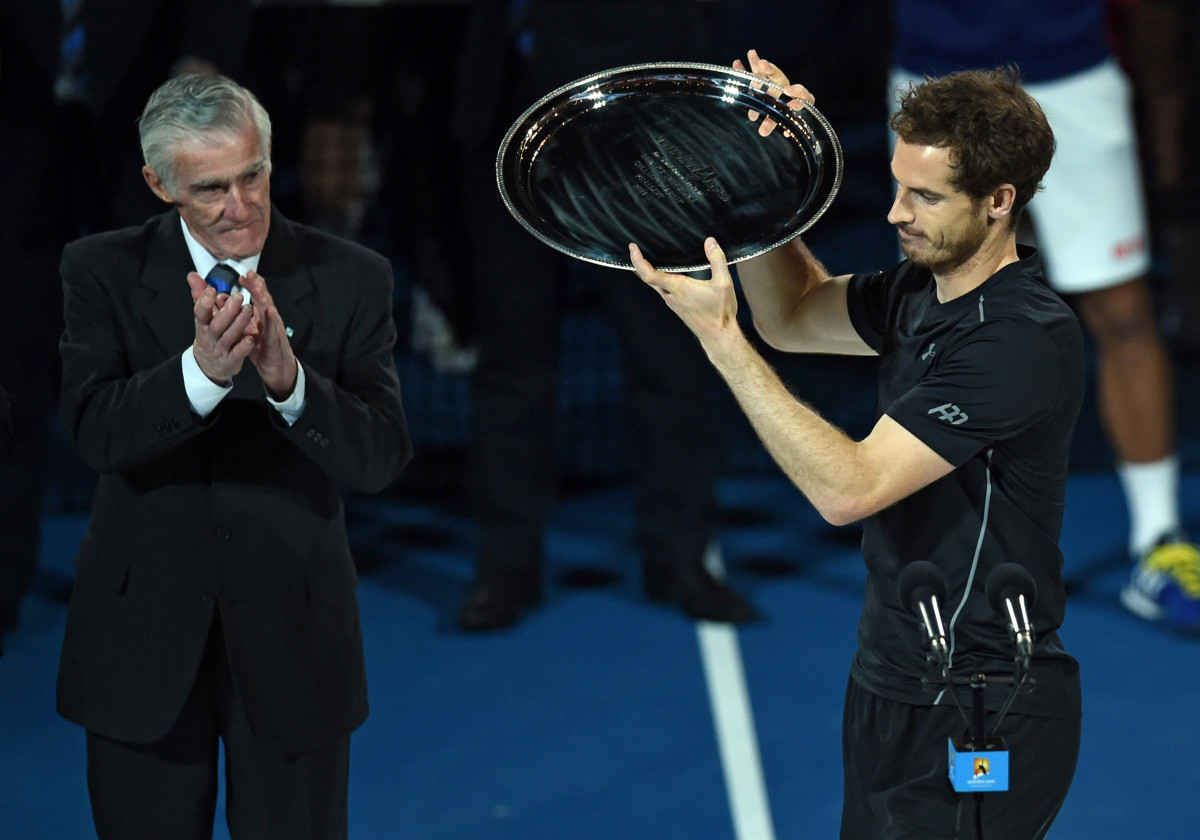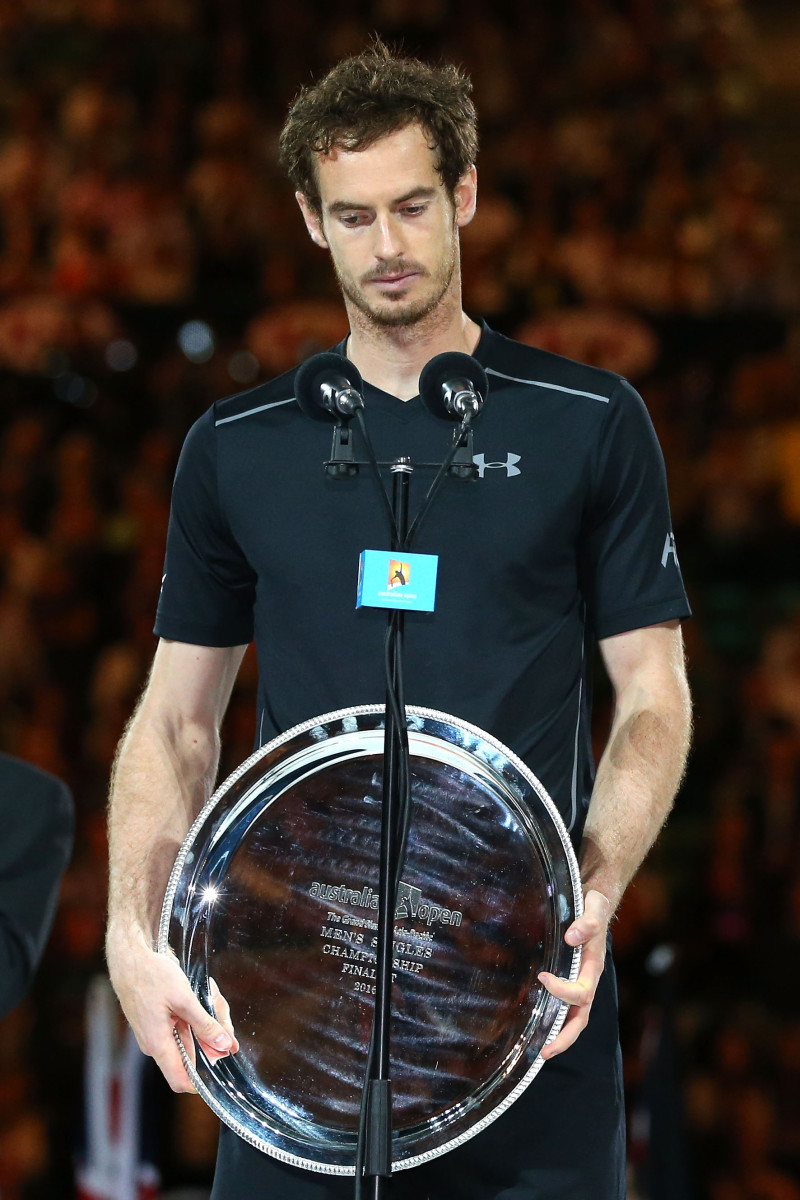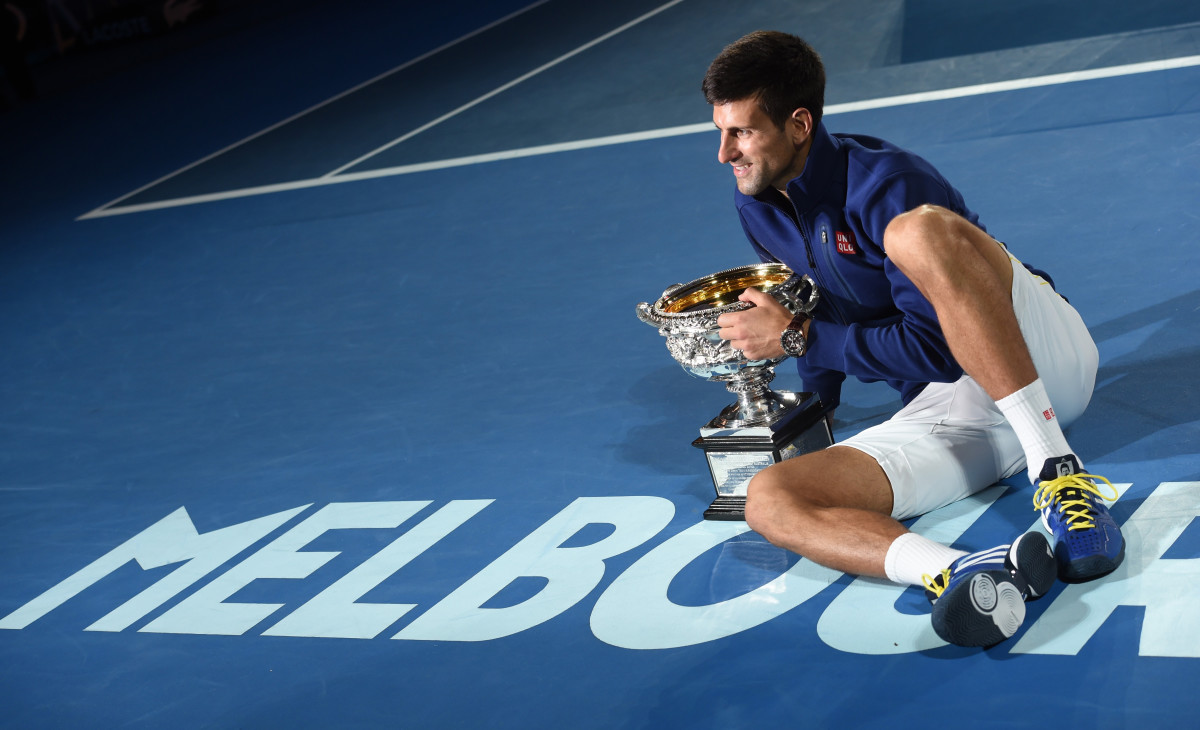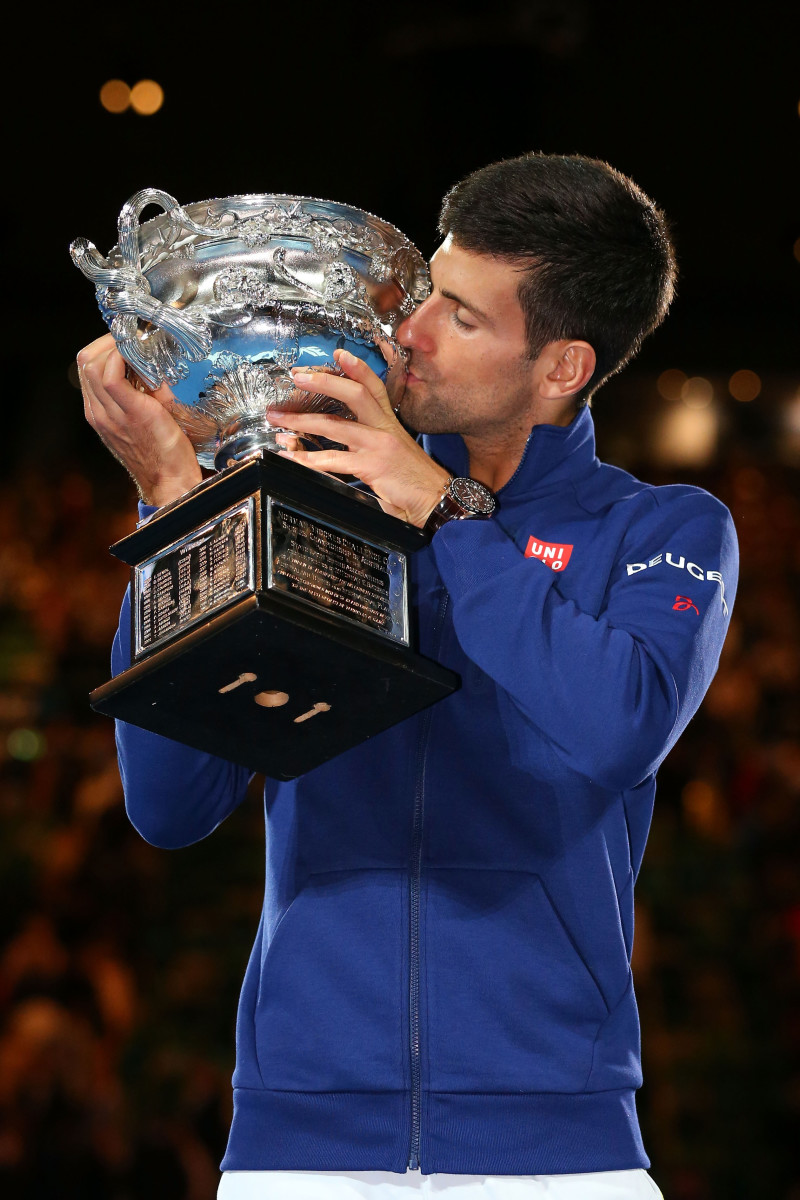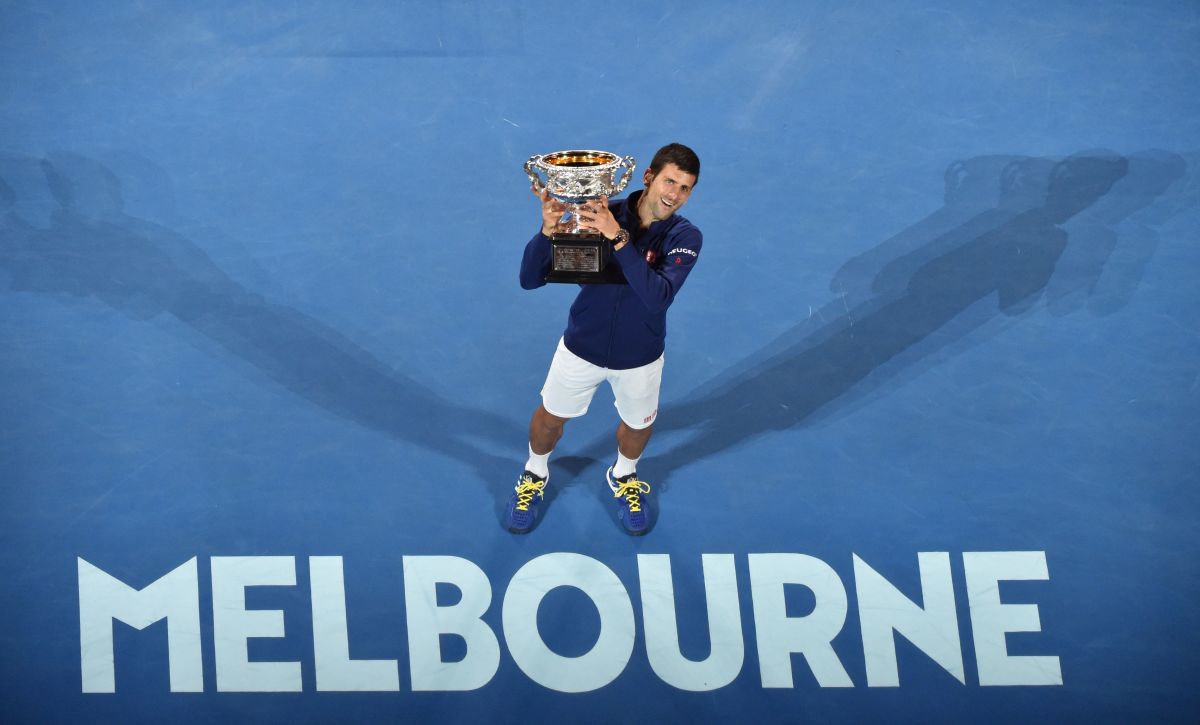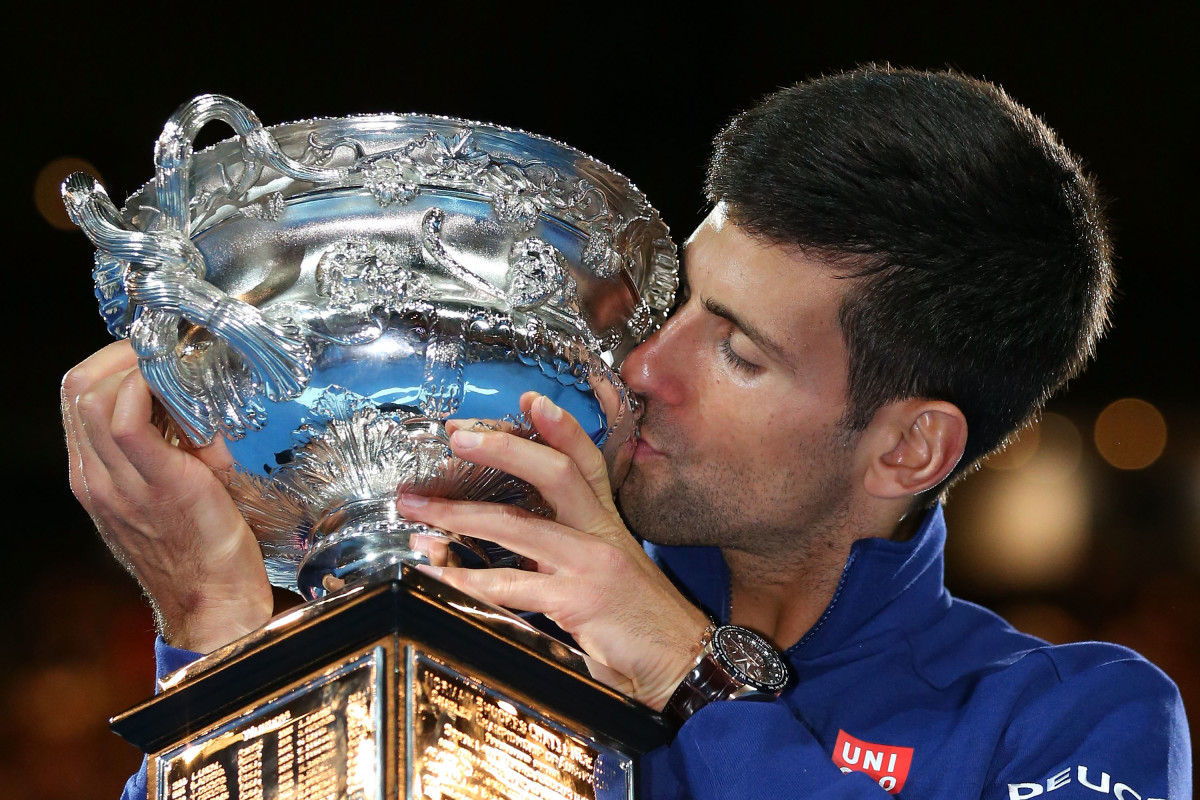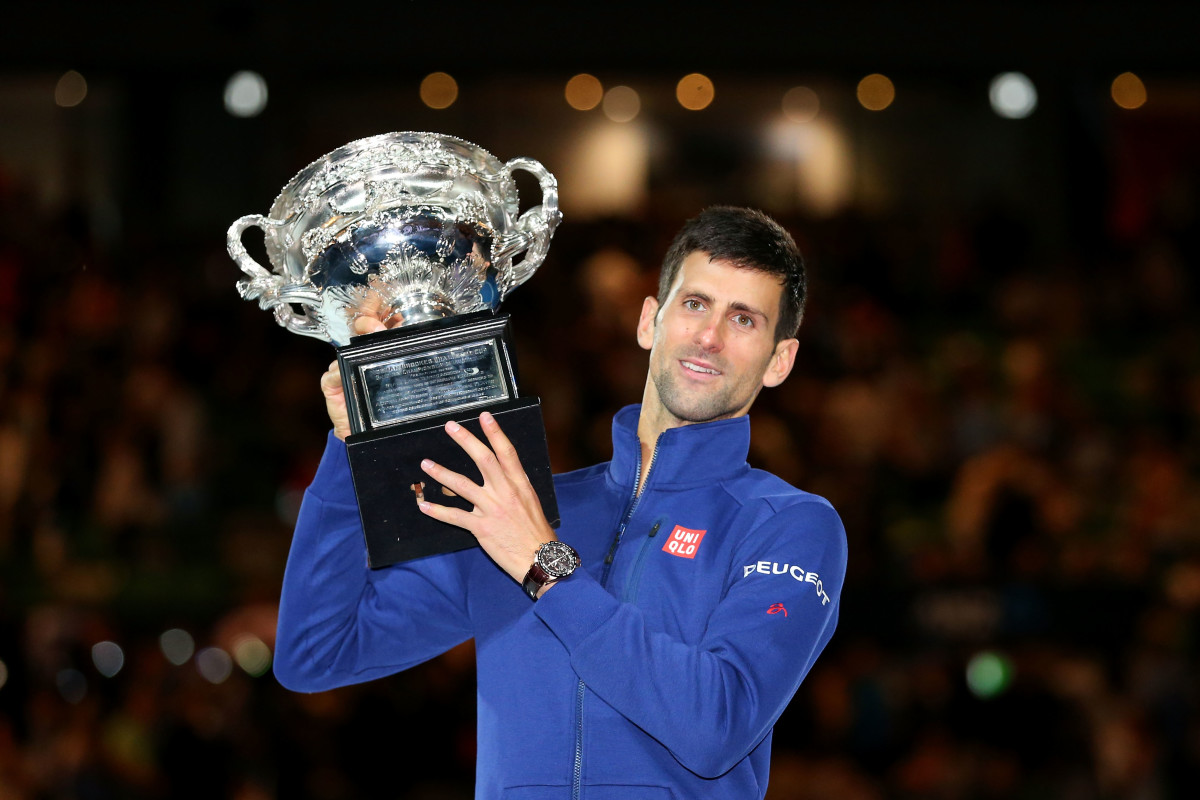Novak Djokovic beats Andy Murray to win sixth Australian Open, 11th major

MELBOURNE – Three thoughts from the 2016 Australian Open final after Novak Djokovic defeated Andy Murray, 6–1, 7–5, 7–6(3) to win the title for a sixth time.
• On Saturday night, we saw the No.1 seed—a player who won three majors in 2015—lose her way, get off to a slow start, run into an emboldened opponent and lose, surprisingly, in three sets. Tonight we saw the No. 1 seed—a player who won three majors in 2015—do the exact opposite. Focused and purposeful, Djokovic played a first set akin to his first hour against Roger Federer in the semis, letting Andy Murray run around for more than 20 minutes before conceding a game. Djokovic stole the second set, breaking Murray at 5–5 and then serving it out. Then he ran out the third. It was classic Djokovic—as persistent as Styrofoam, deceptively penetrating off the ground, displaying an unprecedented knack for turning defense to offense, another title. In the fourth round, Djokovic committed 100 unforced errors and was lucky to survive. Since then—against the No. 7, No. 3 and No. 2 seeds—he played close to immaculate tennis.
Angelique Kerber stuns Serena Williams to win 2016 Australian Open
• All credit to Andy Murray for getting to this point in the tournament. One day he will tell his child a hell of a story about this event. A pregnant wife at home. A father-in-law taken ill during the tournament. A mom preoccupied with a British female player making a surprise semifinal appearance and then leaving early for Fed Cup duties. While a happier occasion, even his brother, Jamie, winning the doubles title—and Murray’s super cool post-midnight appearance—surely consumed emotional energy. Players talk about the importance of “minimizing distraction” during a competition. For Murray it was ALL distraction. This wasn’t a tournament; it was 14-day exercise in chaos management. Murray did well to remember to bring a racket to the court, much less win six matches. But on Sunday night, it all seemed to compress. Against the best player in the game, Murray started sluggishly, served poorly, ran into a familiar opponent all-too-happy to grind, and couldn’t capitalize on opportunity. Murray is capable of beating Djokovic. But not under these circumstances.
[tweet=https://twitter.com/TheCauldron/status/693730041545560065]
[tweet=https://twitter.com/TheCauldron/status/693761431720820736]
Fifty parting thoughts from the 2016 Australian Open
• Especially since this match was something less than a classic, let’s jump right to the historical talk. This title gives Djokovic 11 majors, tying him with Bjorn Borg and Rod Laver. Rafael Nadal’s mark of 14 is three away. Roger Federer’s 17 is at least visible. Djokovic is 28, now middle-age in tennis years. With Federer in his mid 30s, Nadal in apparent decline, Murray making only modest inroads and—get this—no player younger than him having won so much as a Masters 1000 level event, who’s to predict how high up the Mt. Olympus he’s continue to scale? See ya in Paris…..
Snapshots from the men's final
Australian Open 2016 men's final
